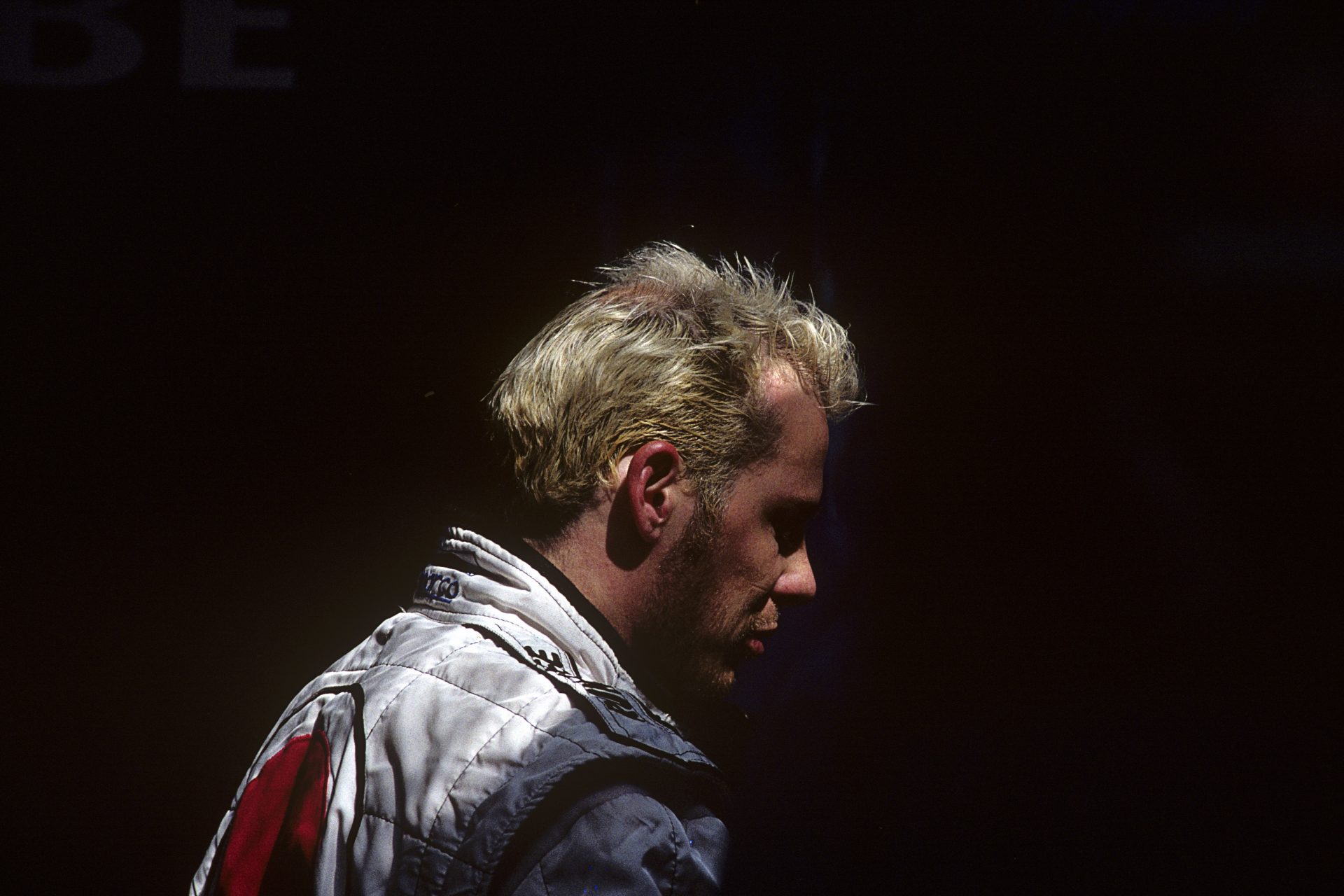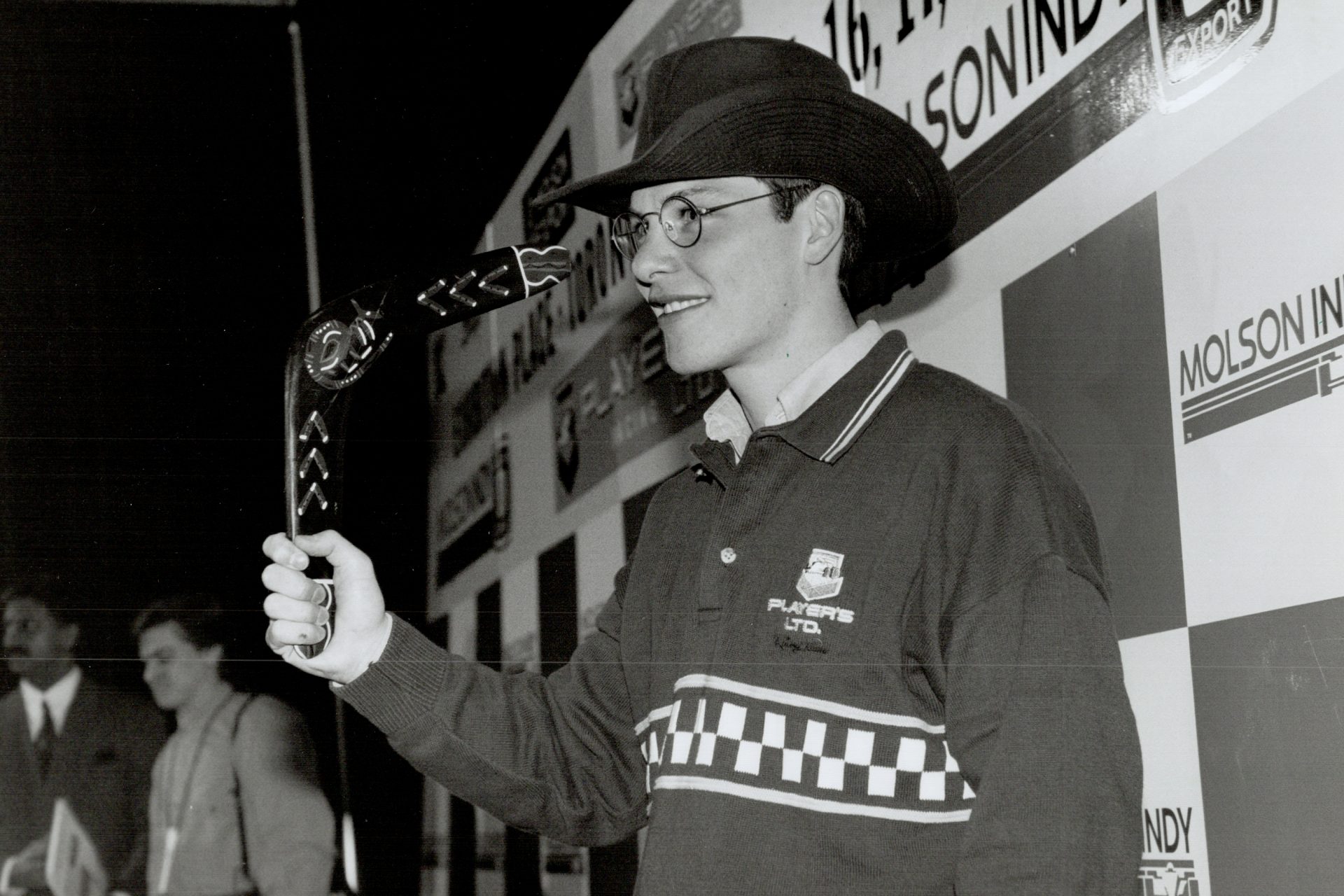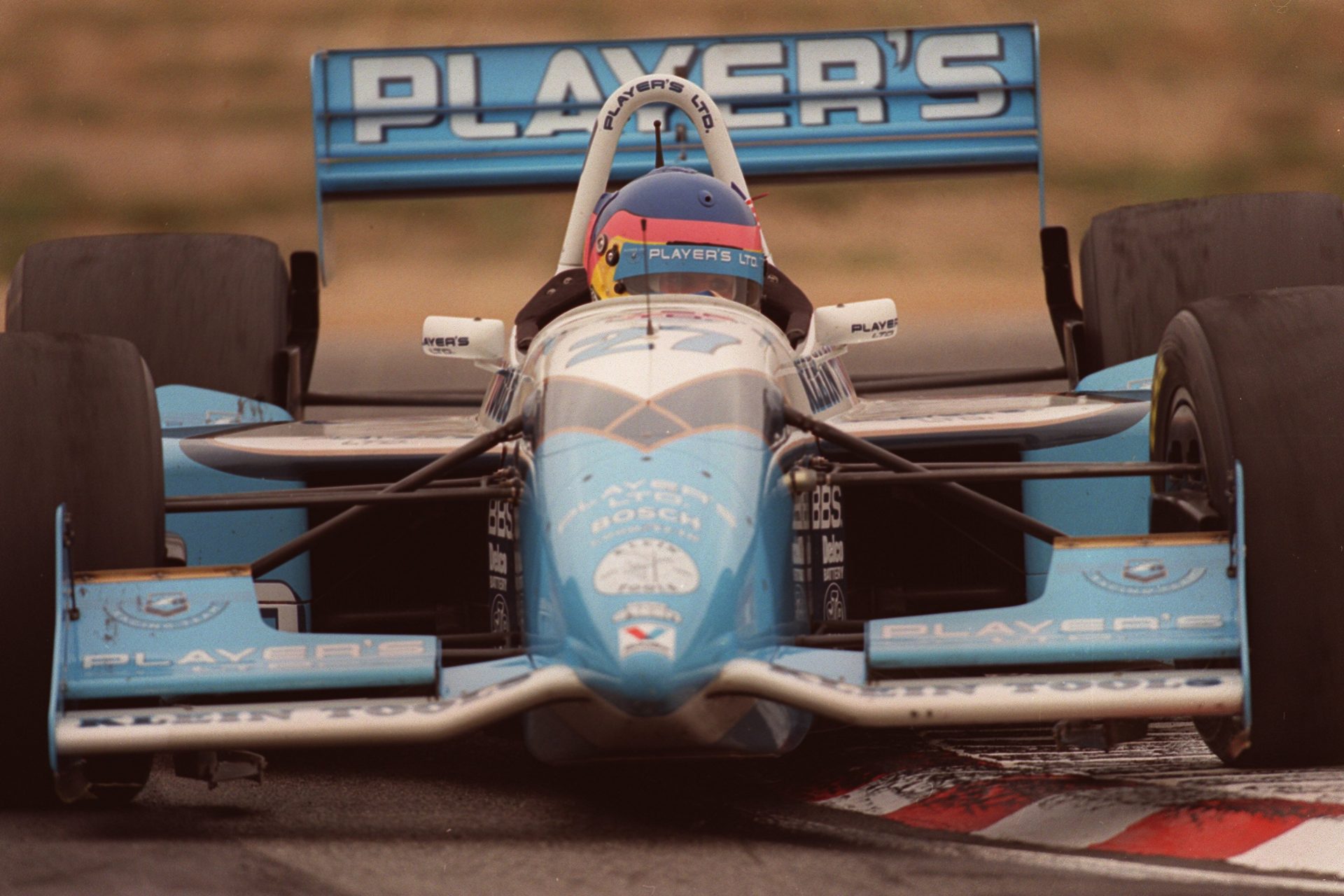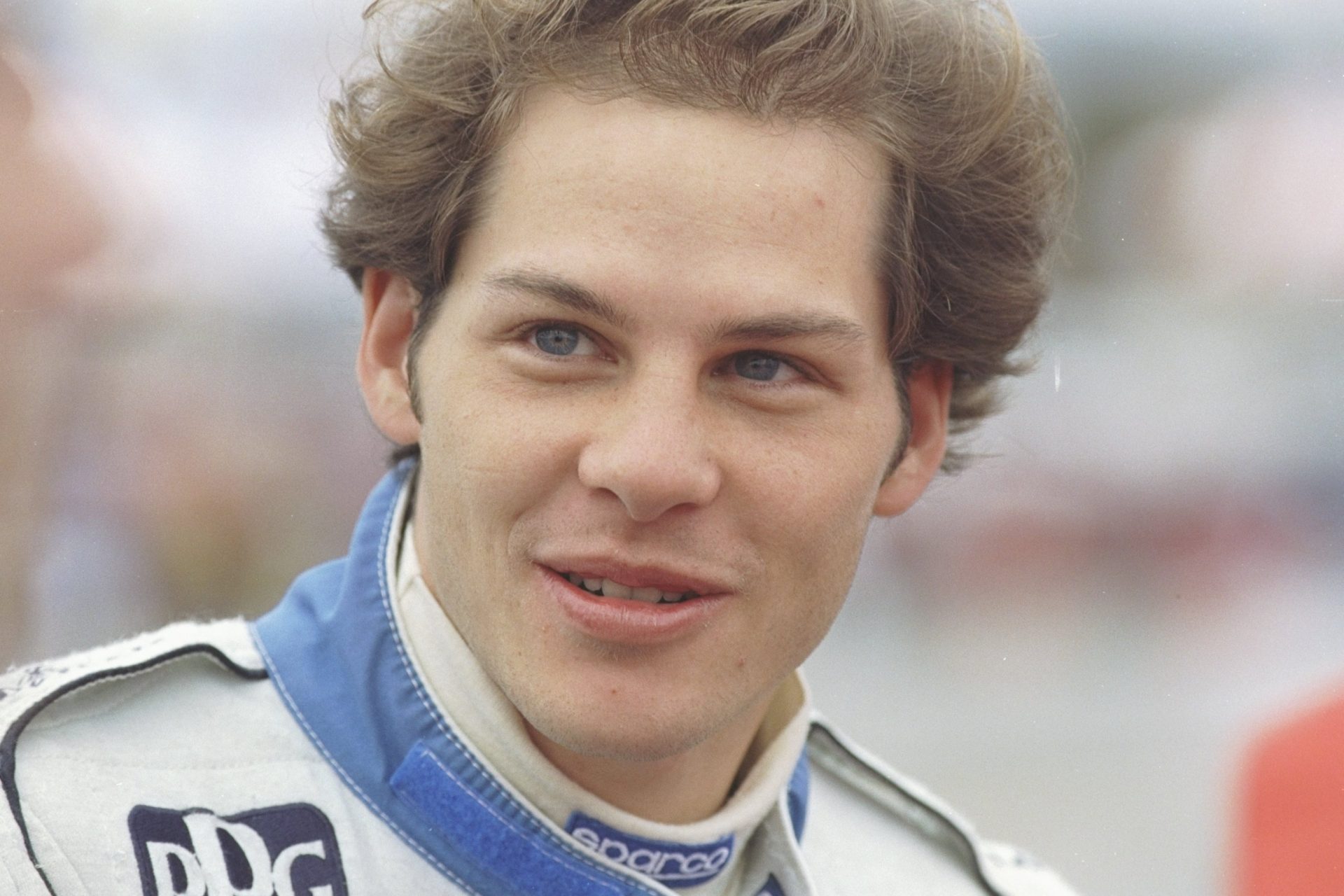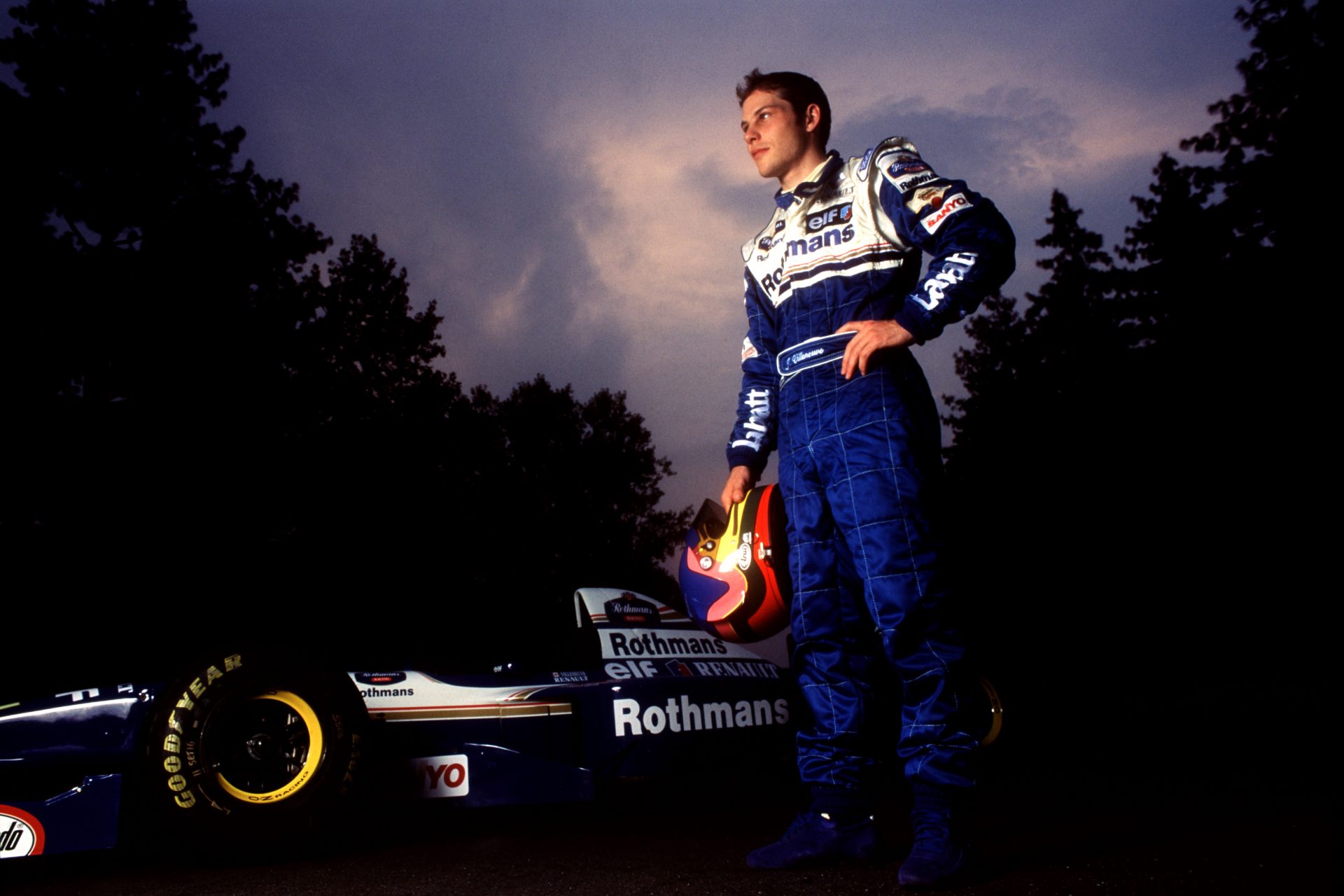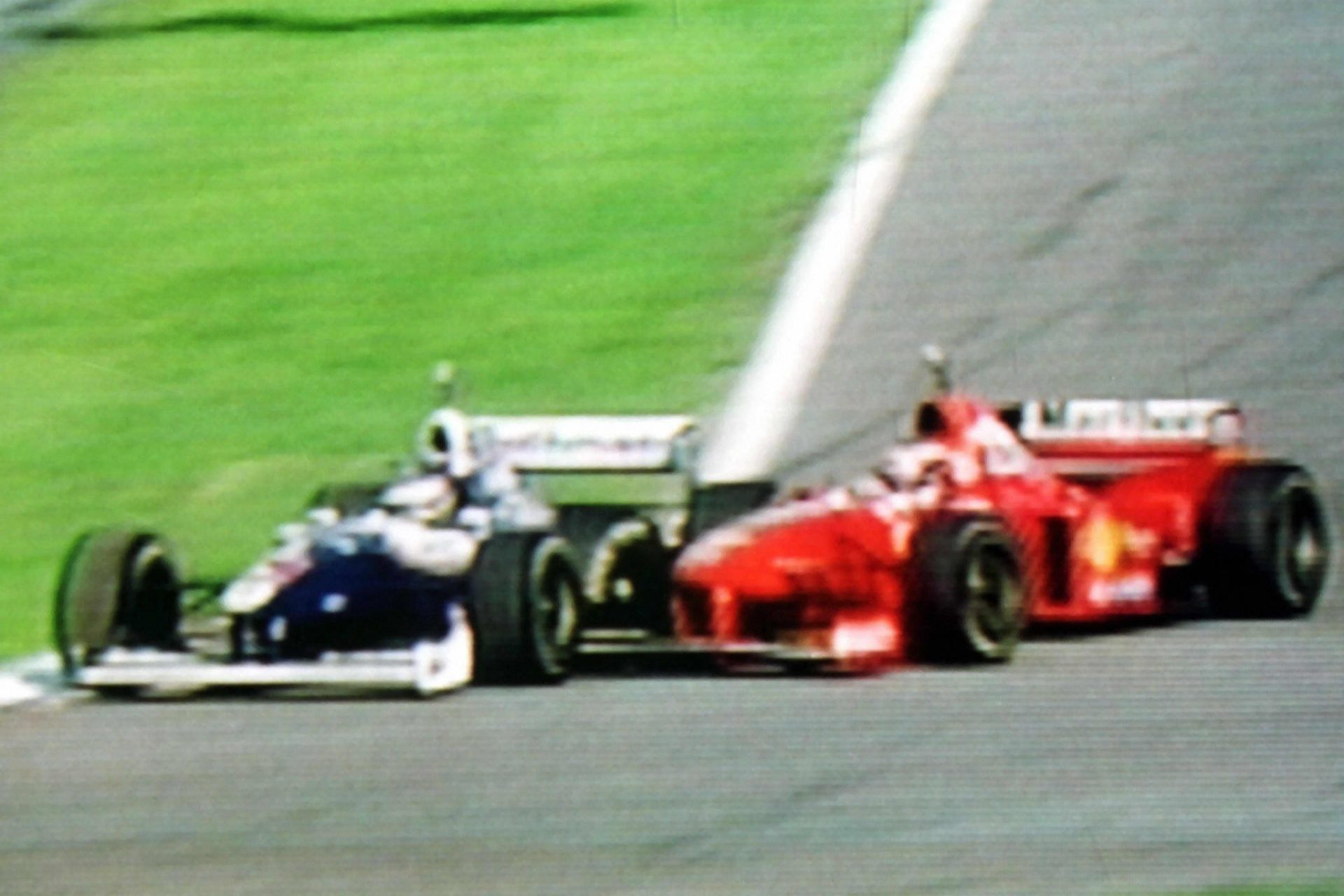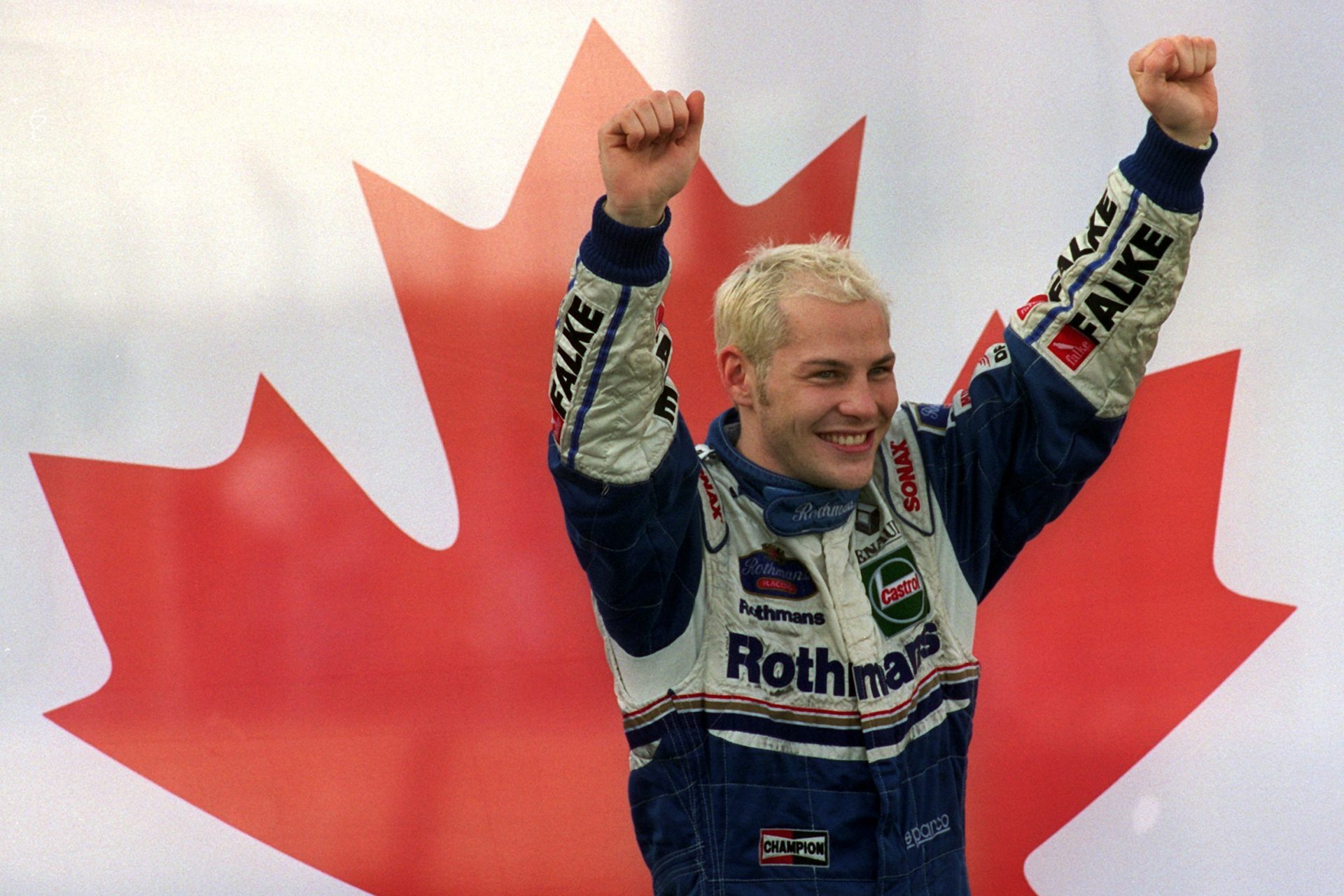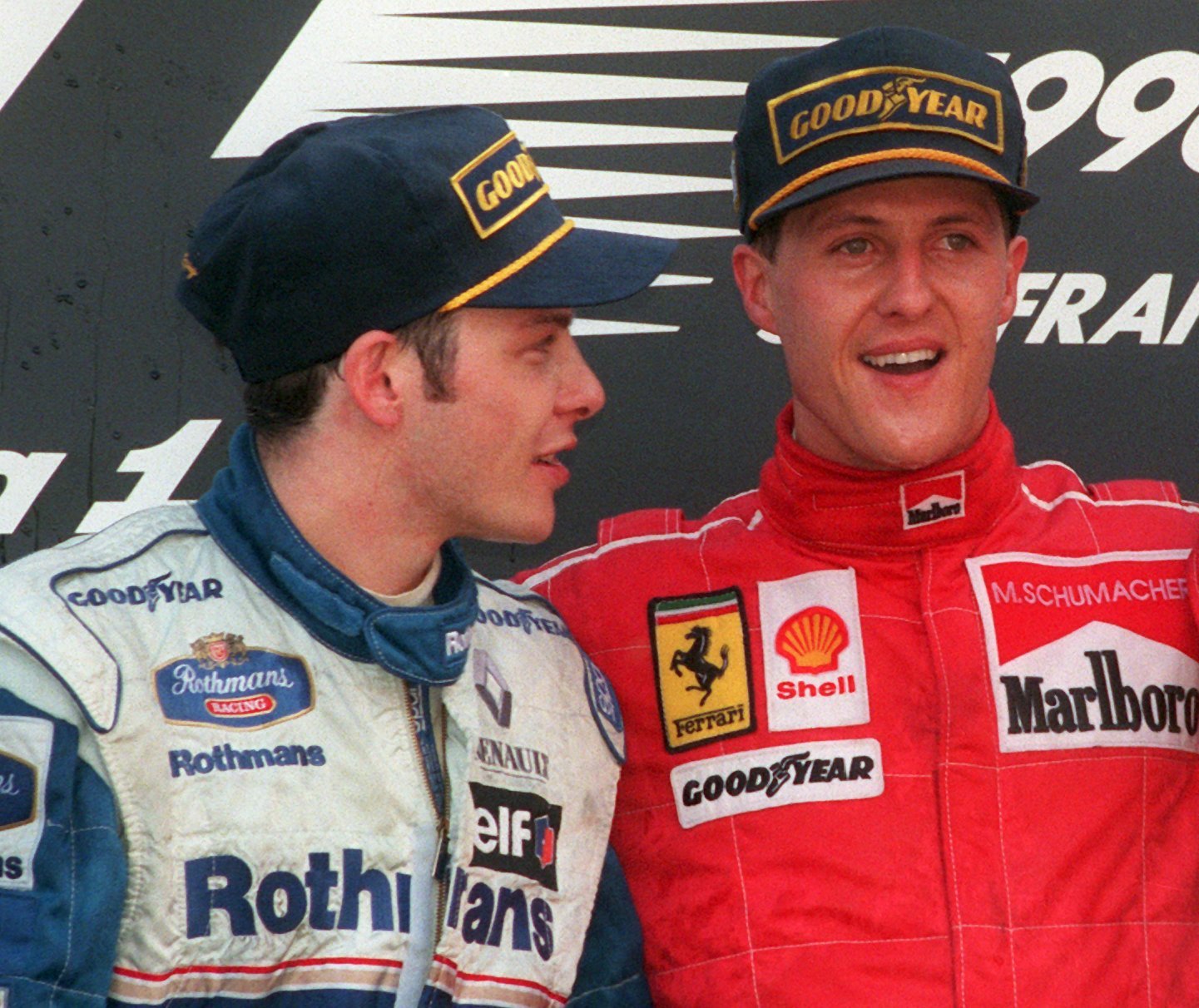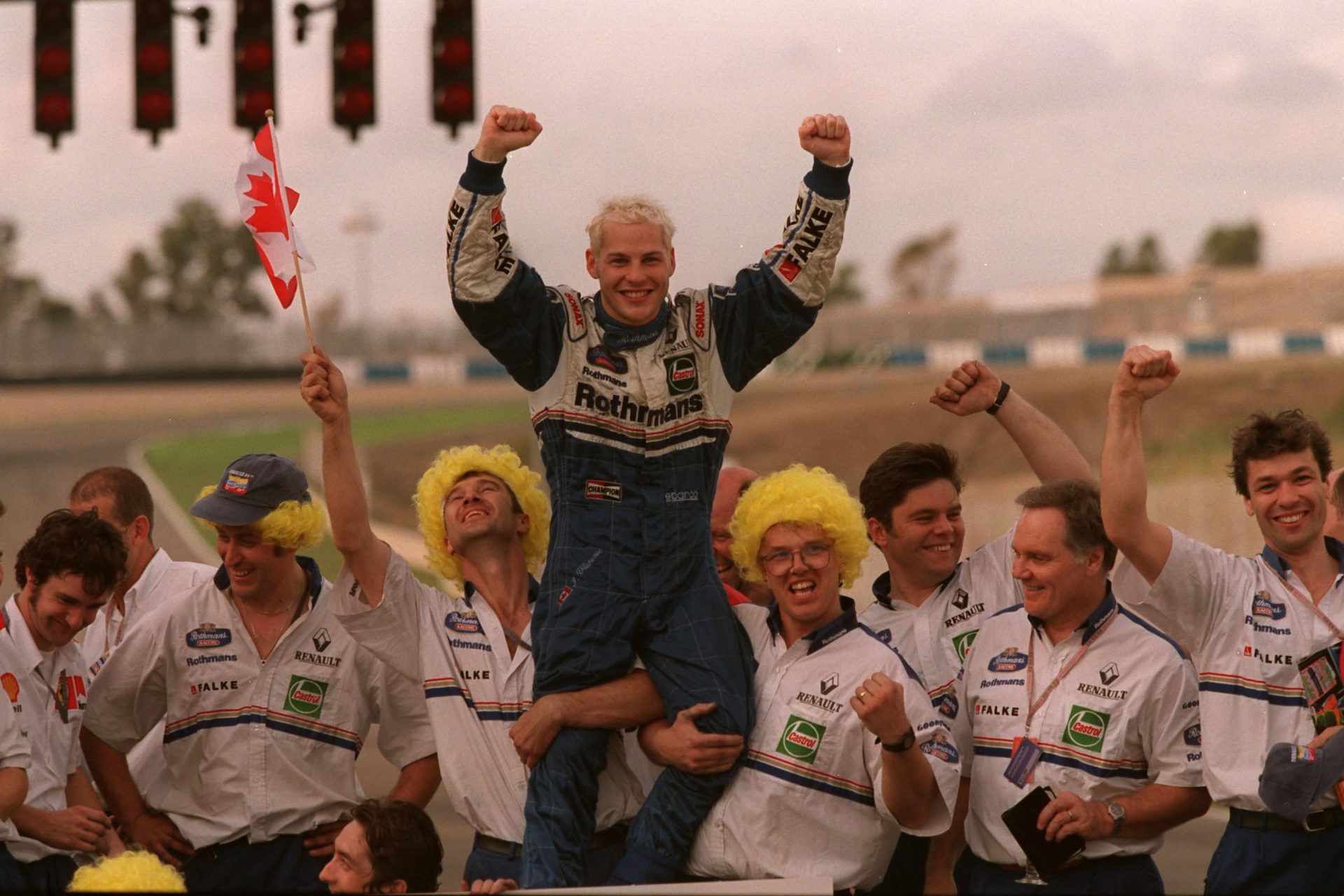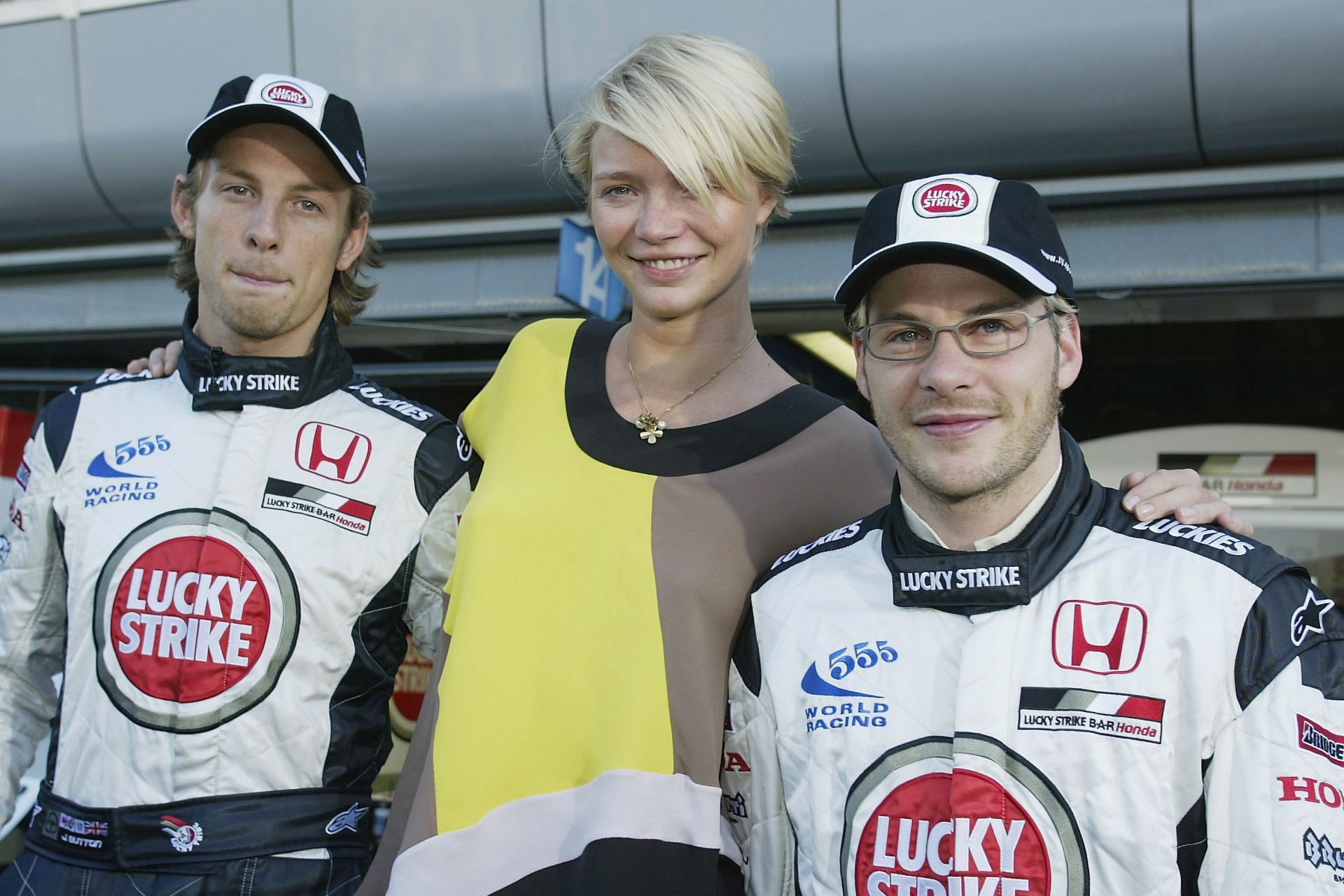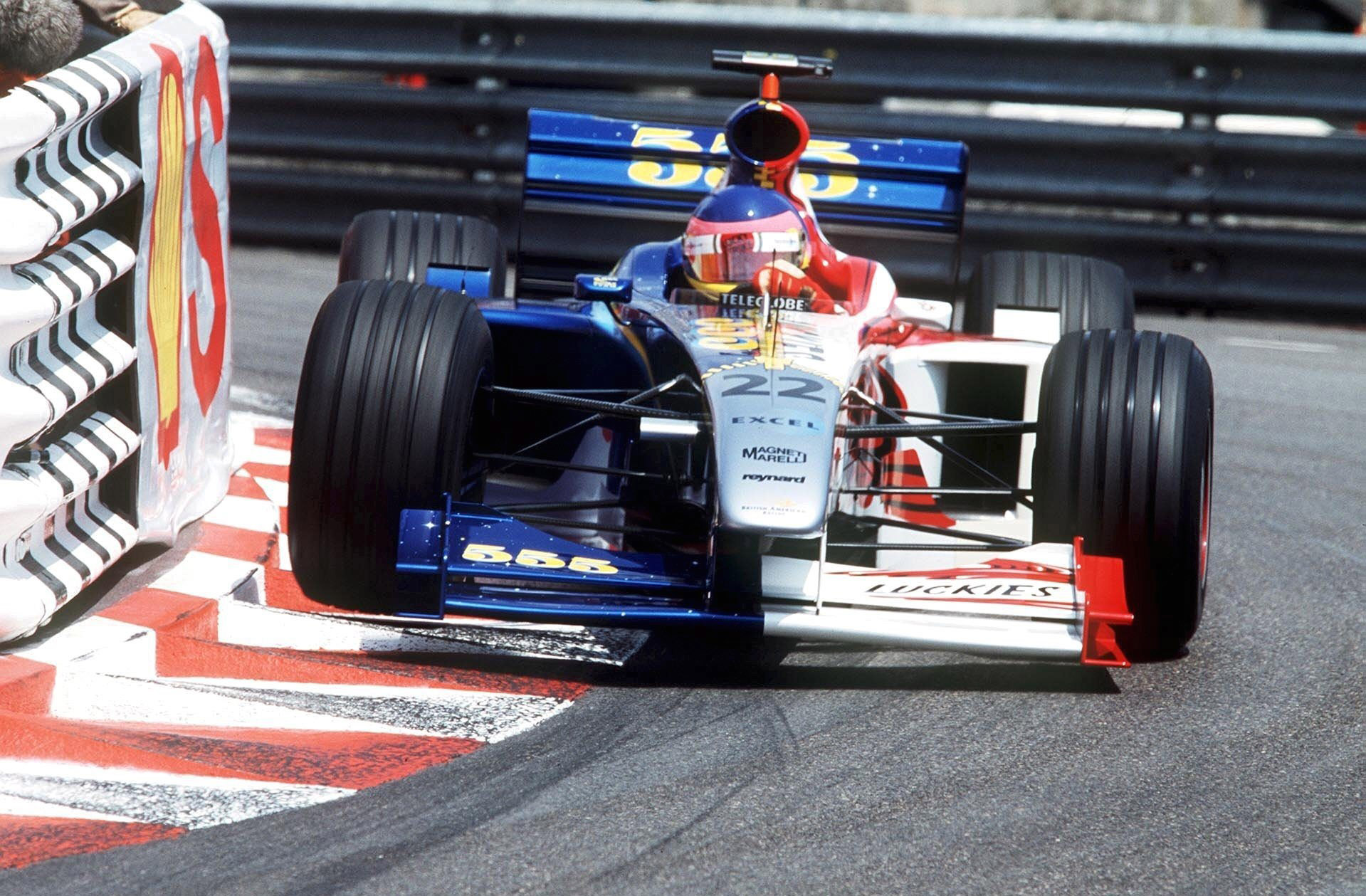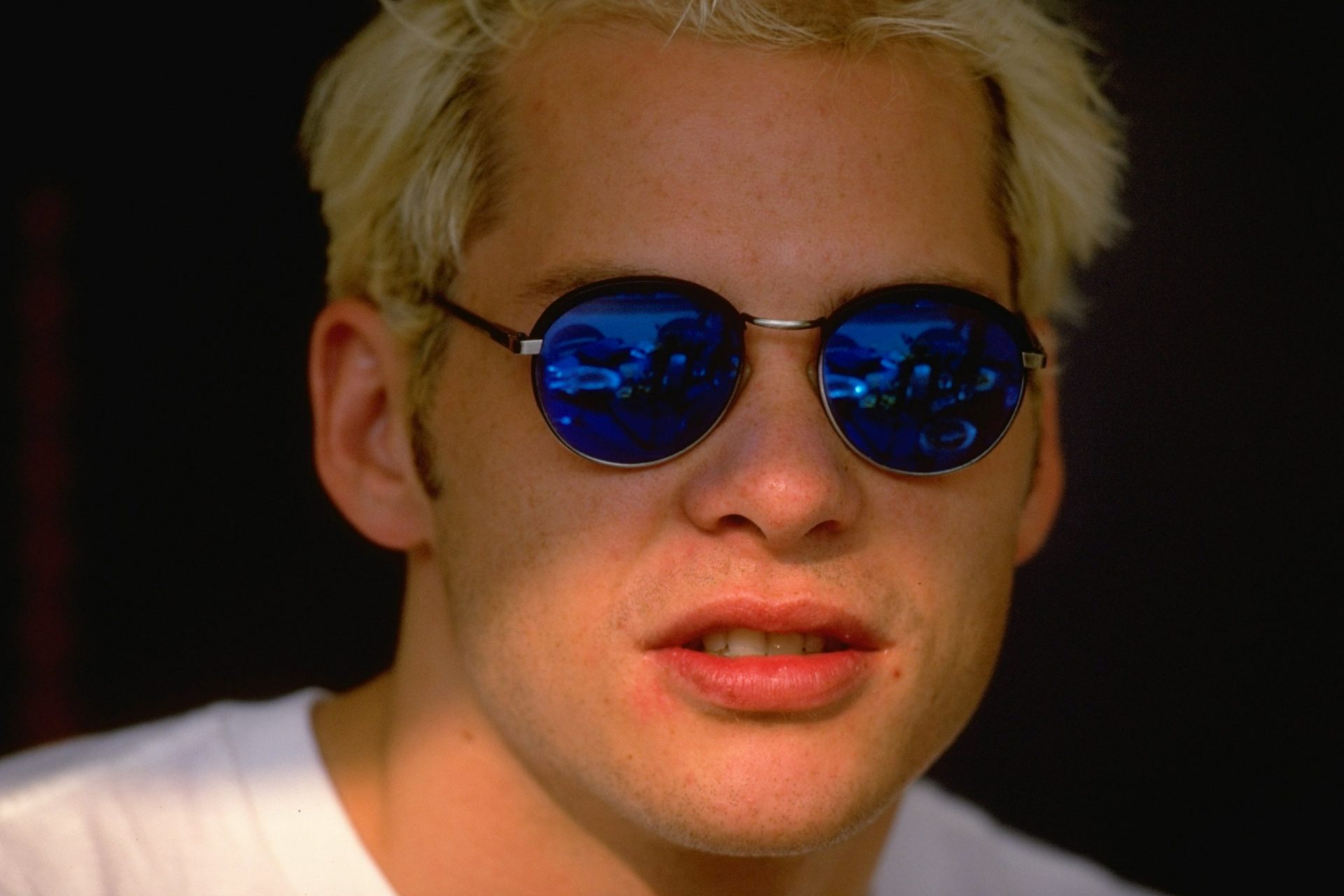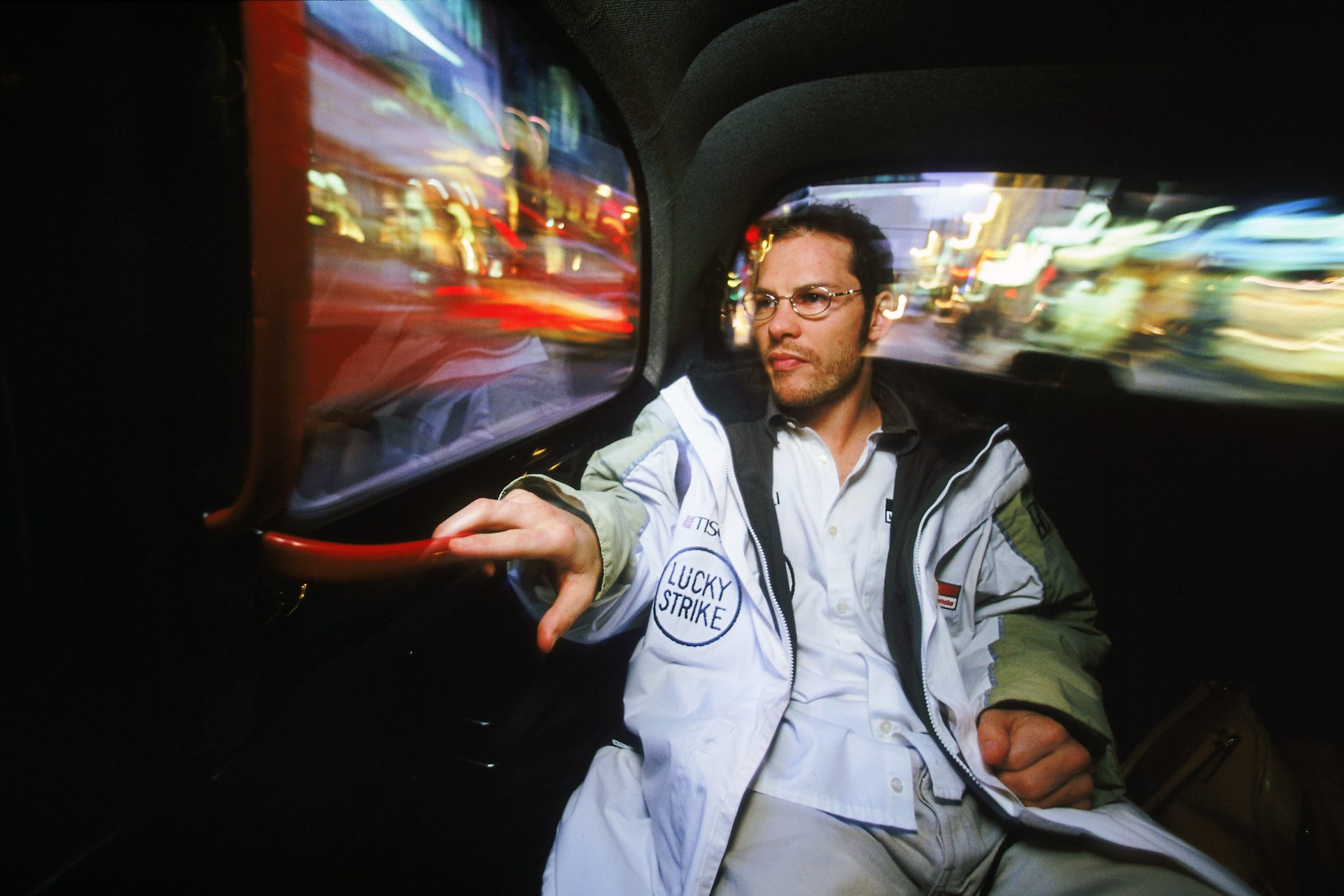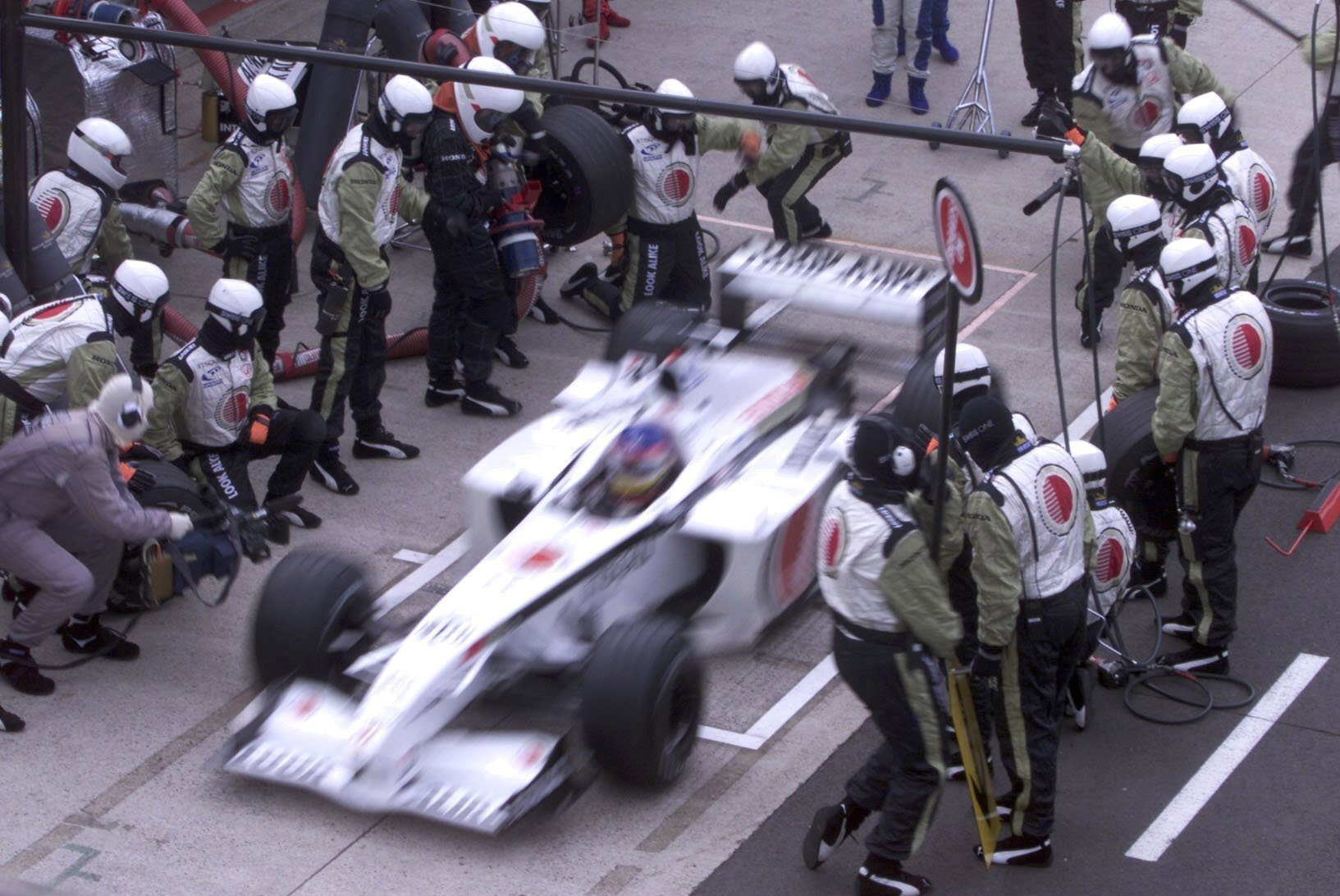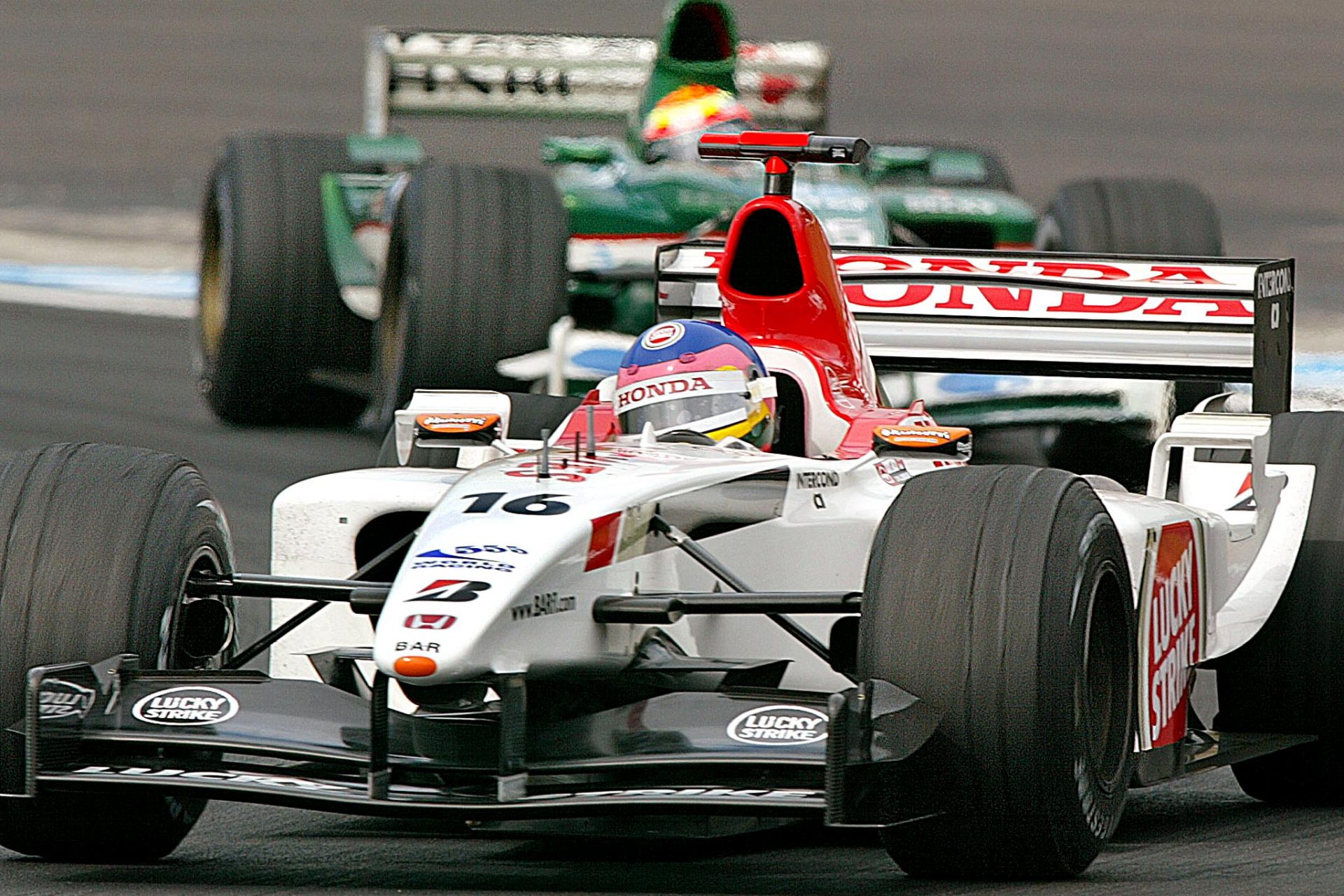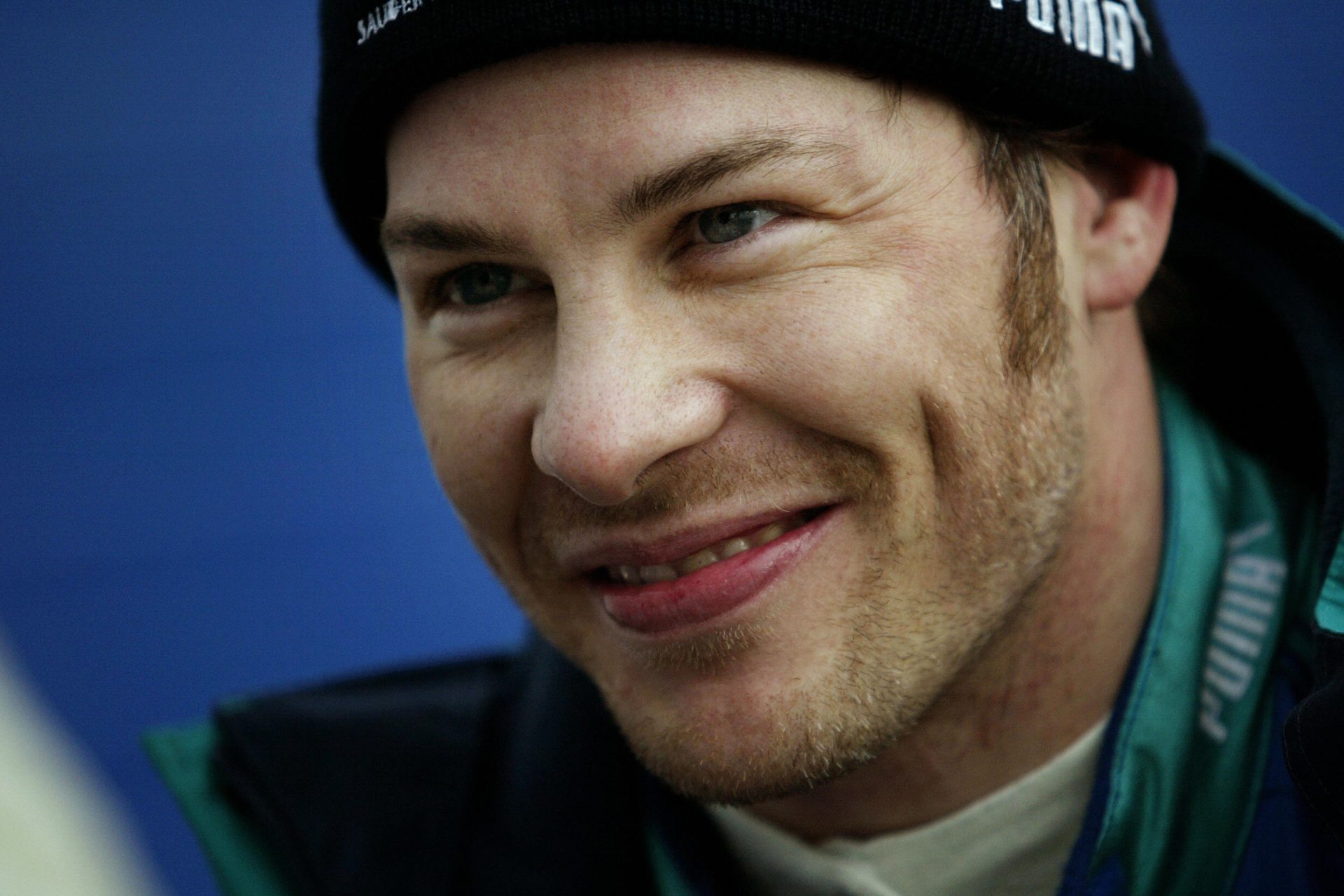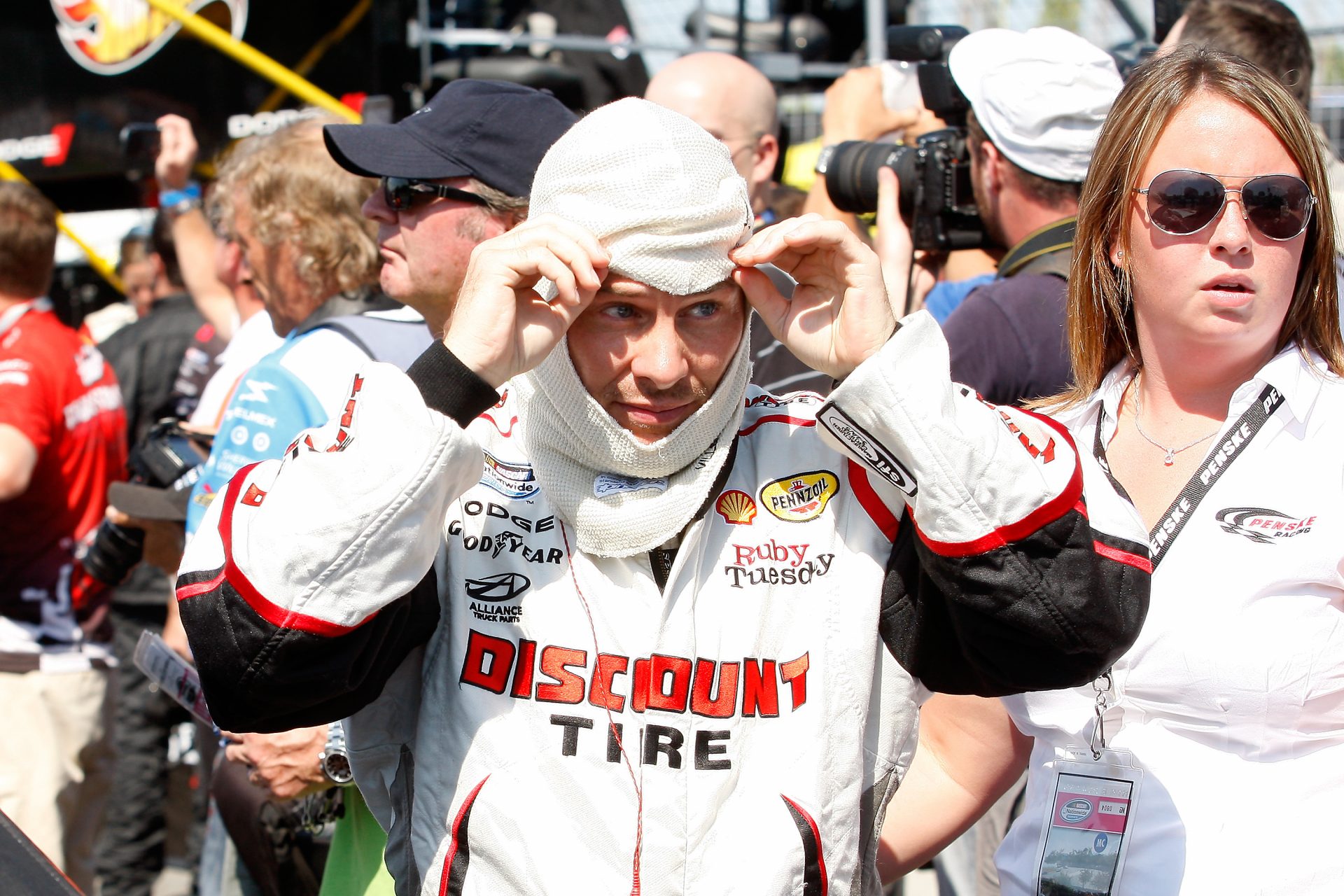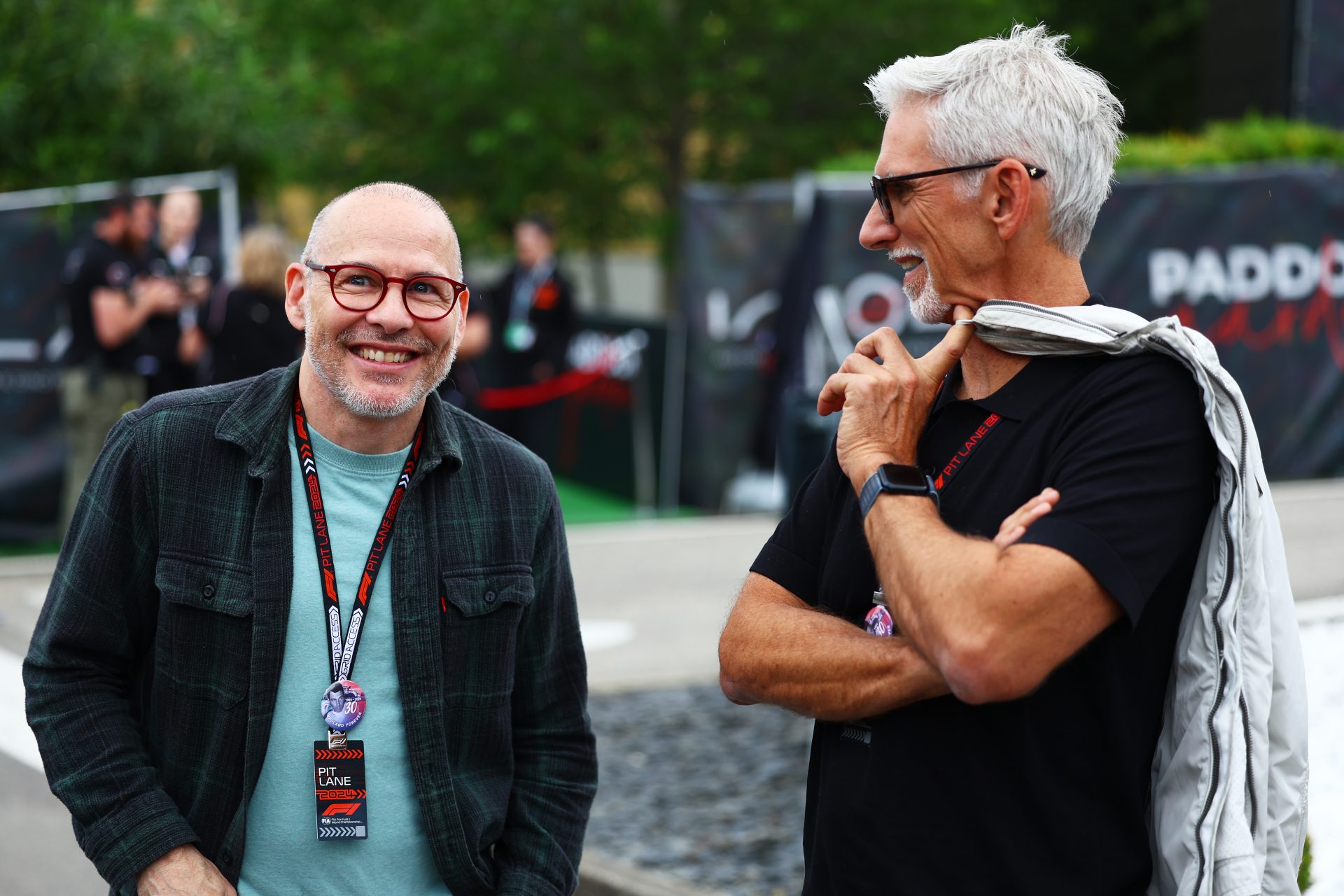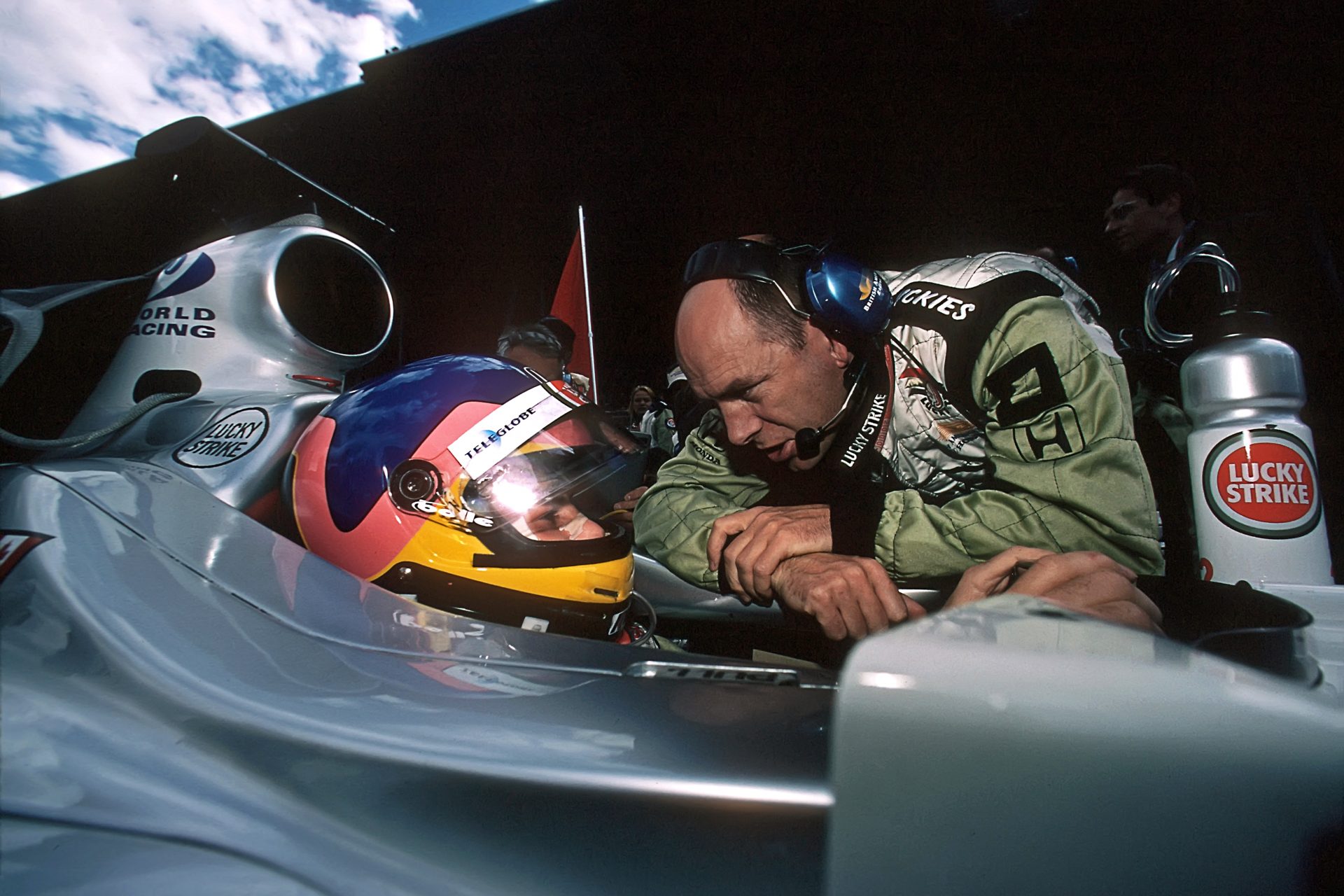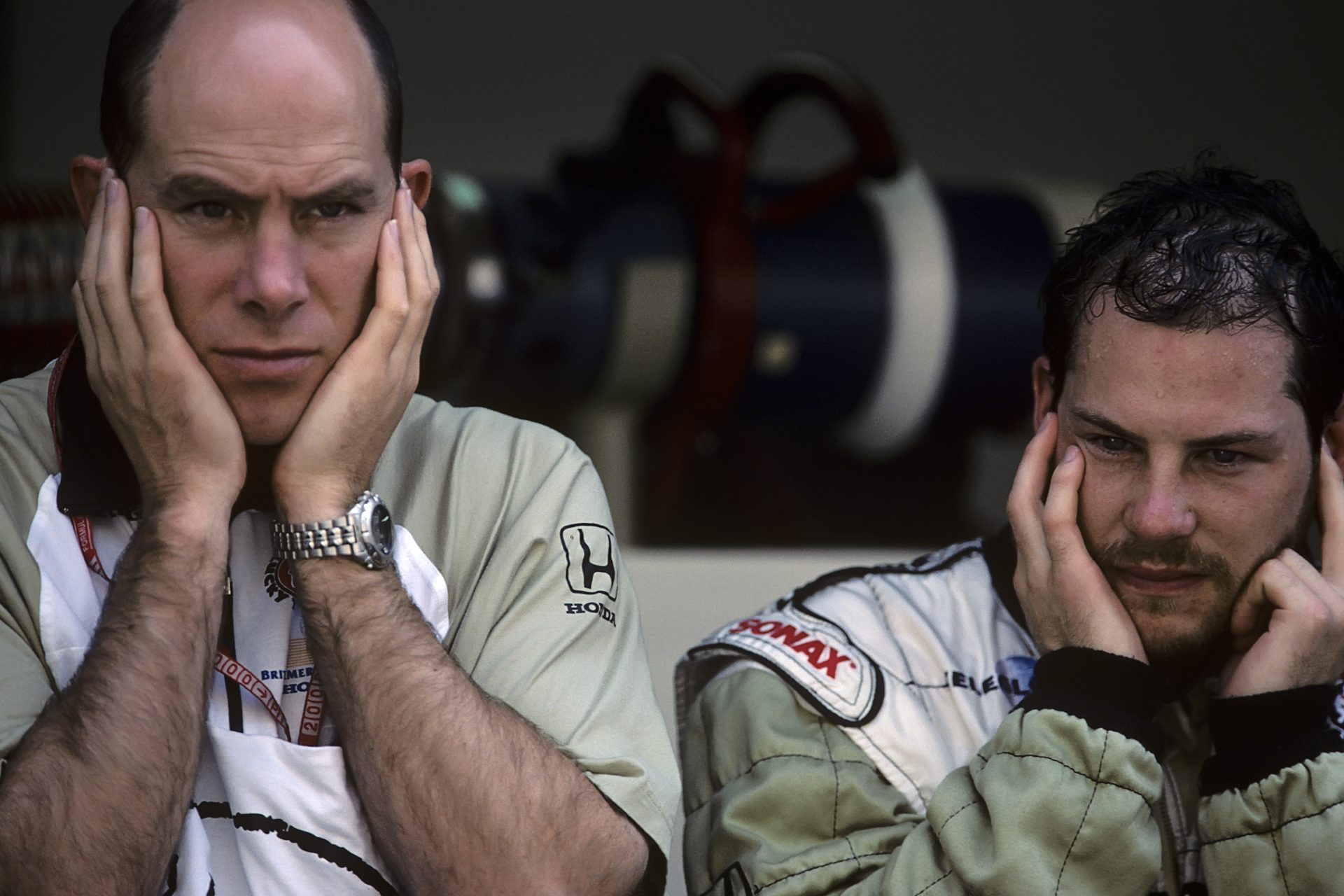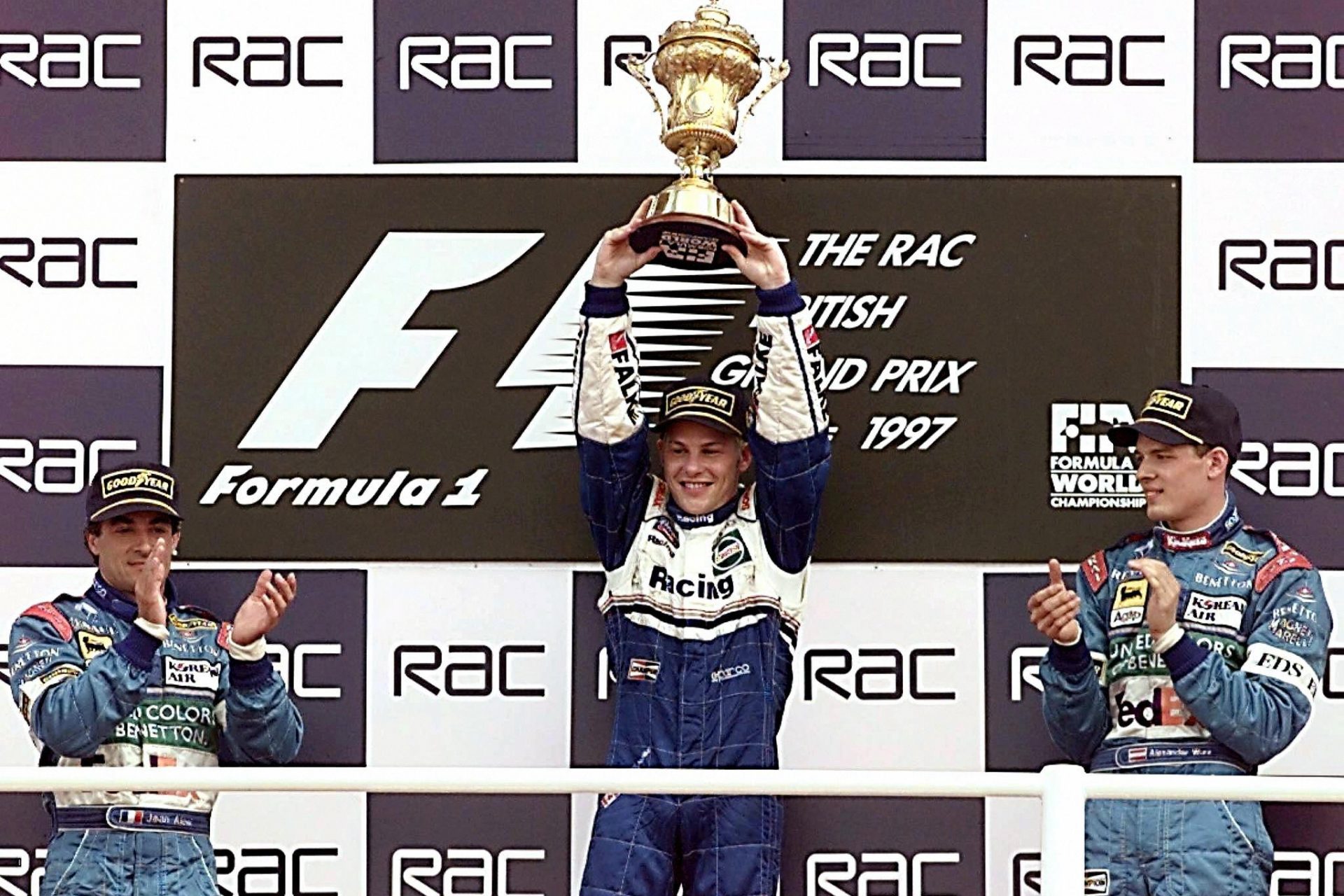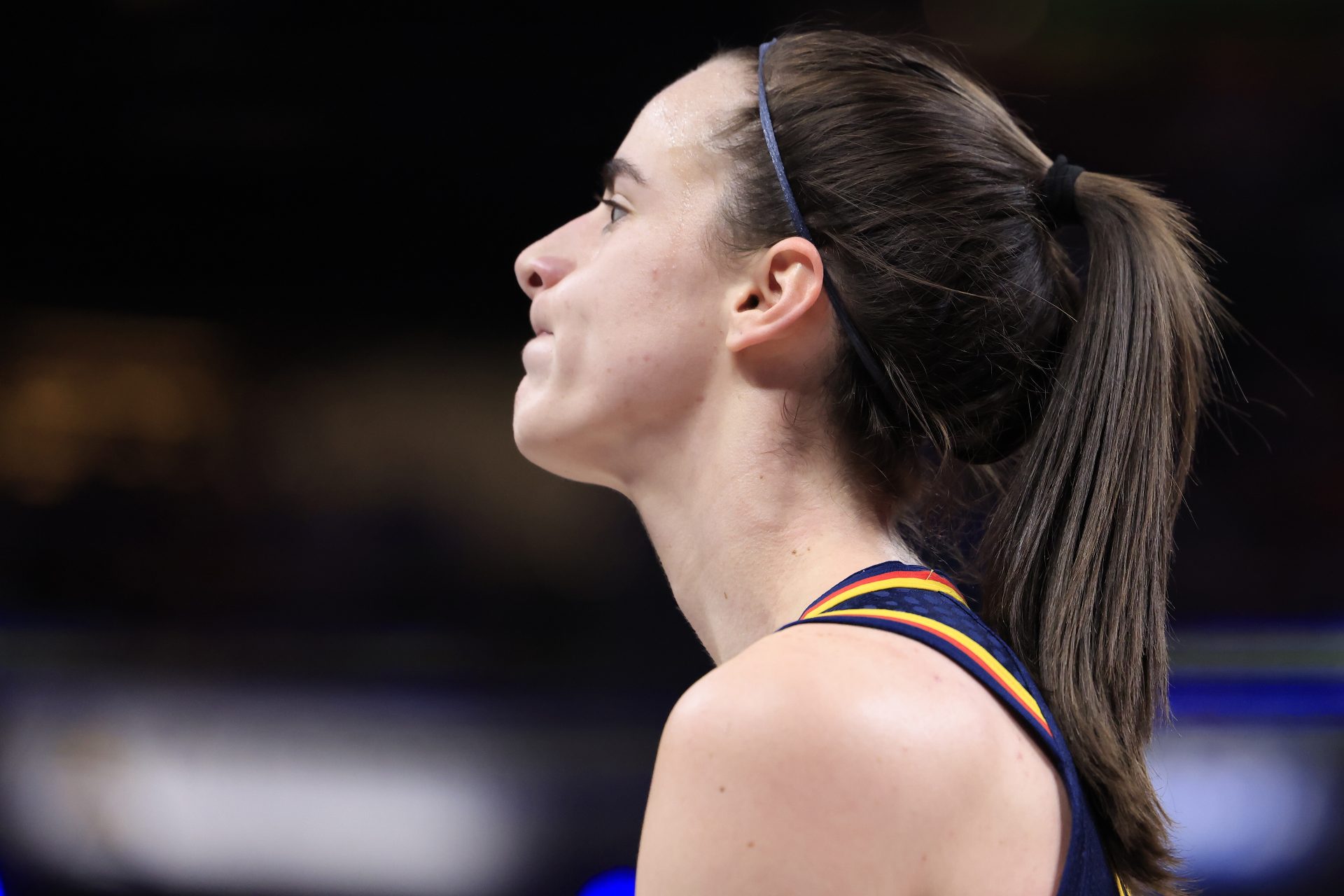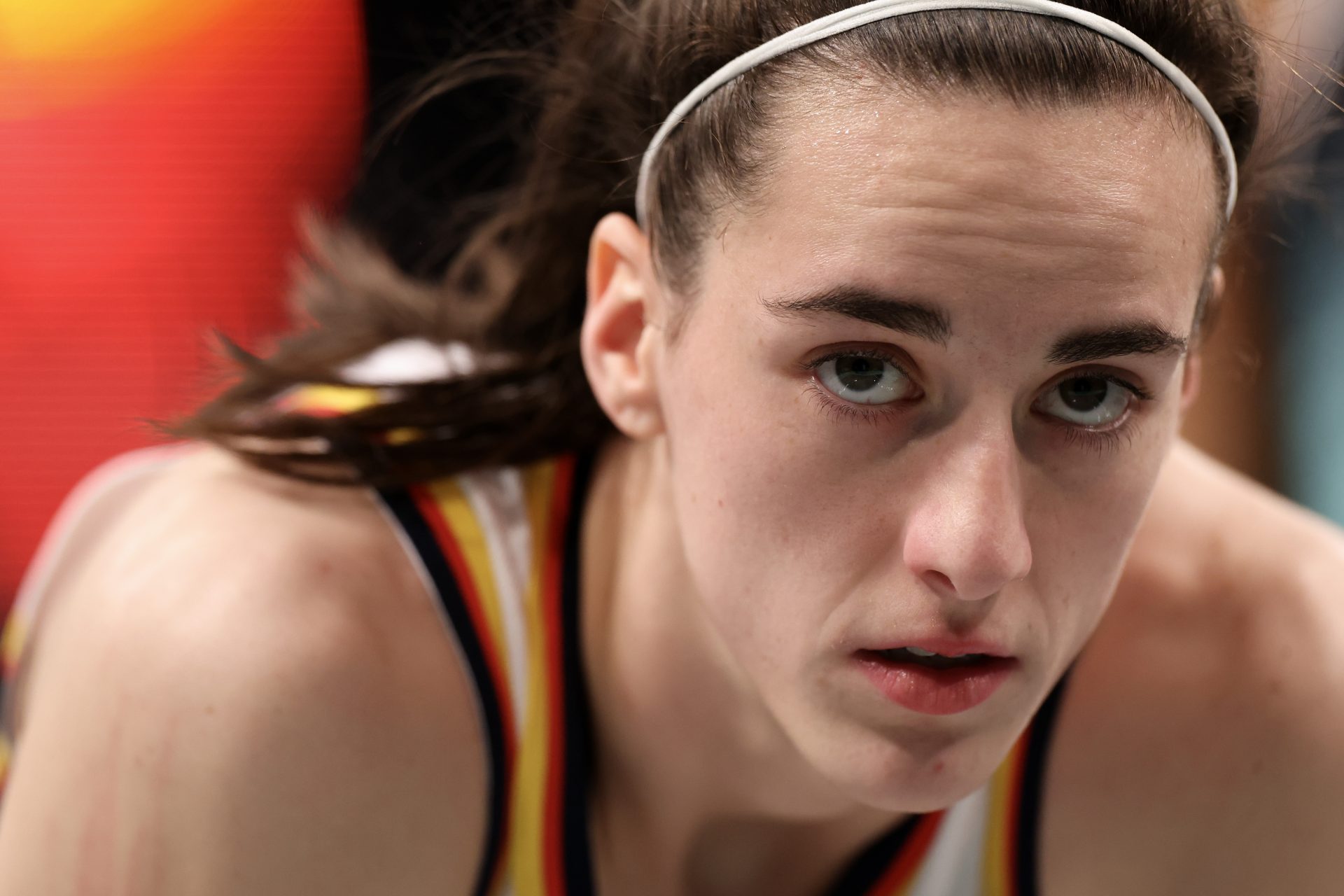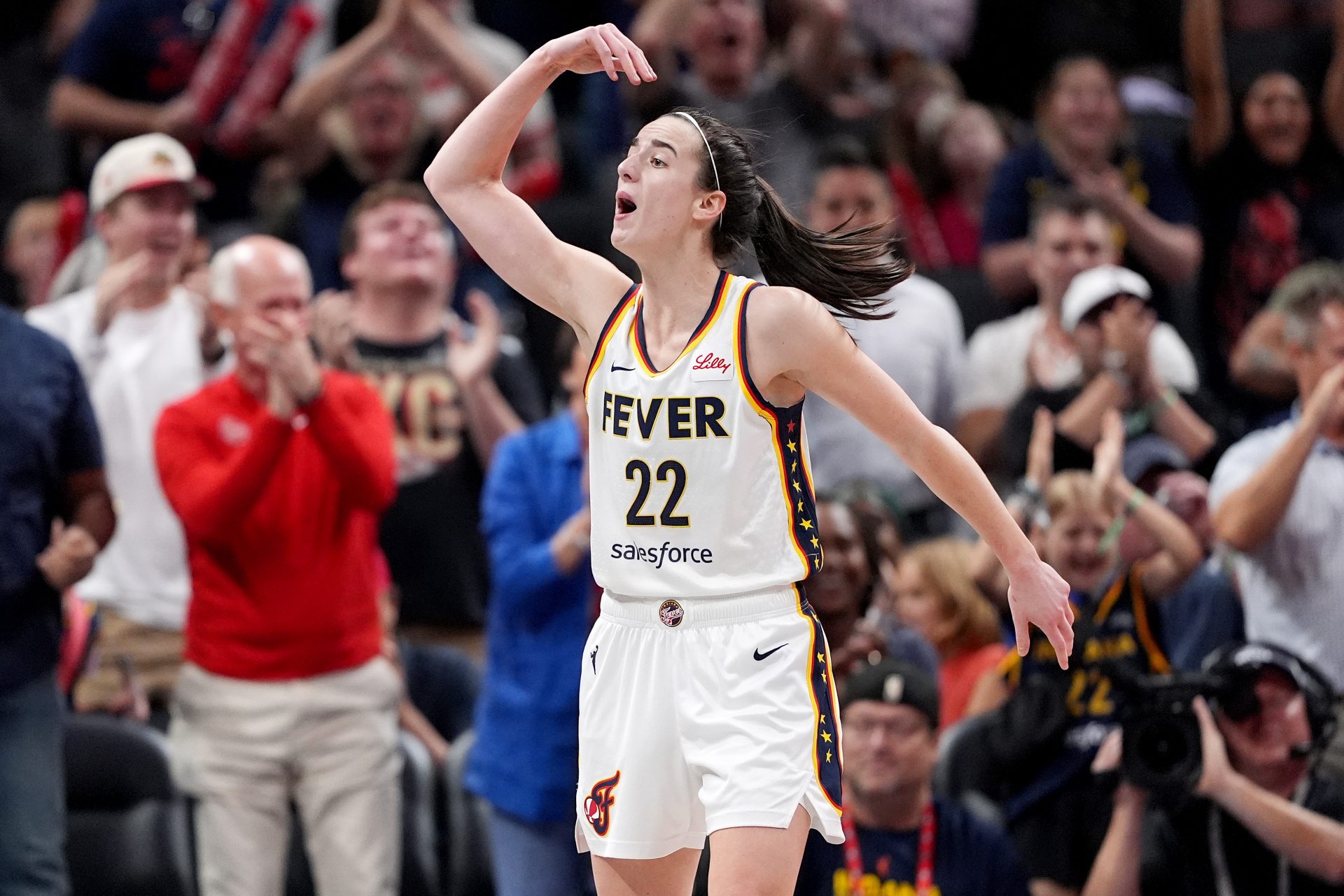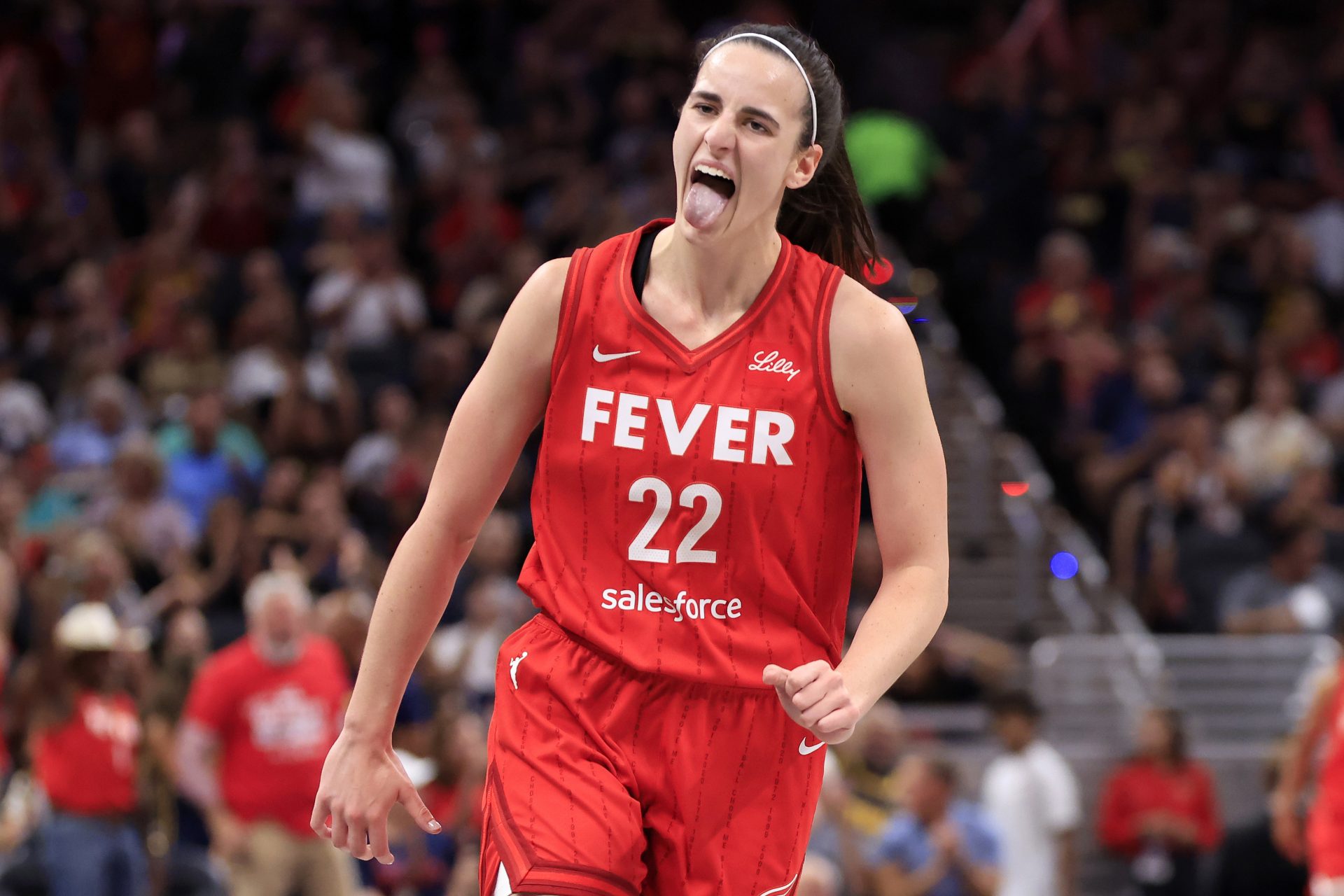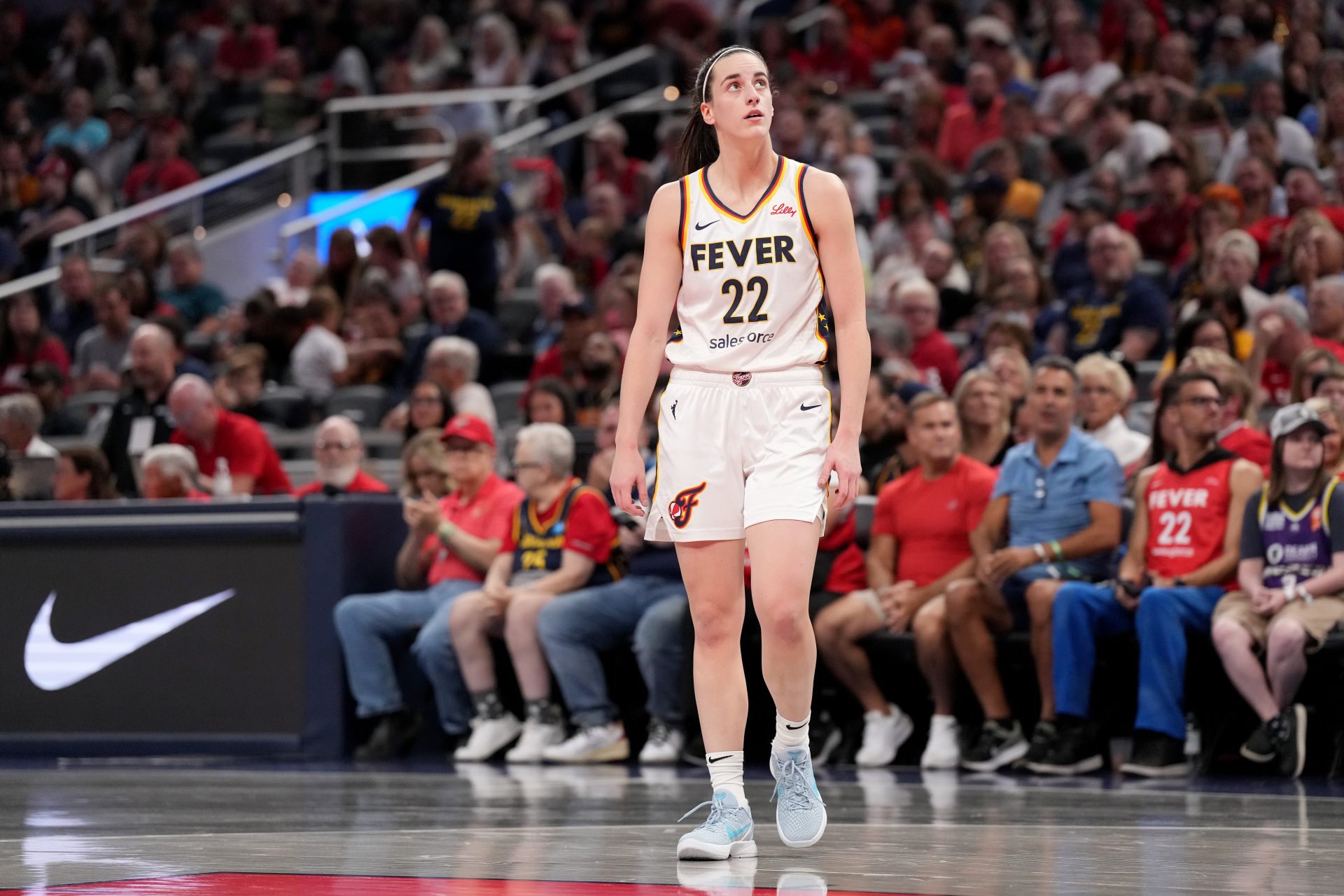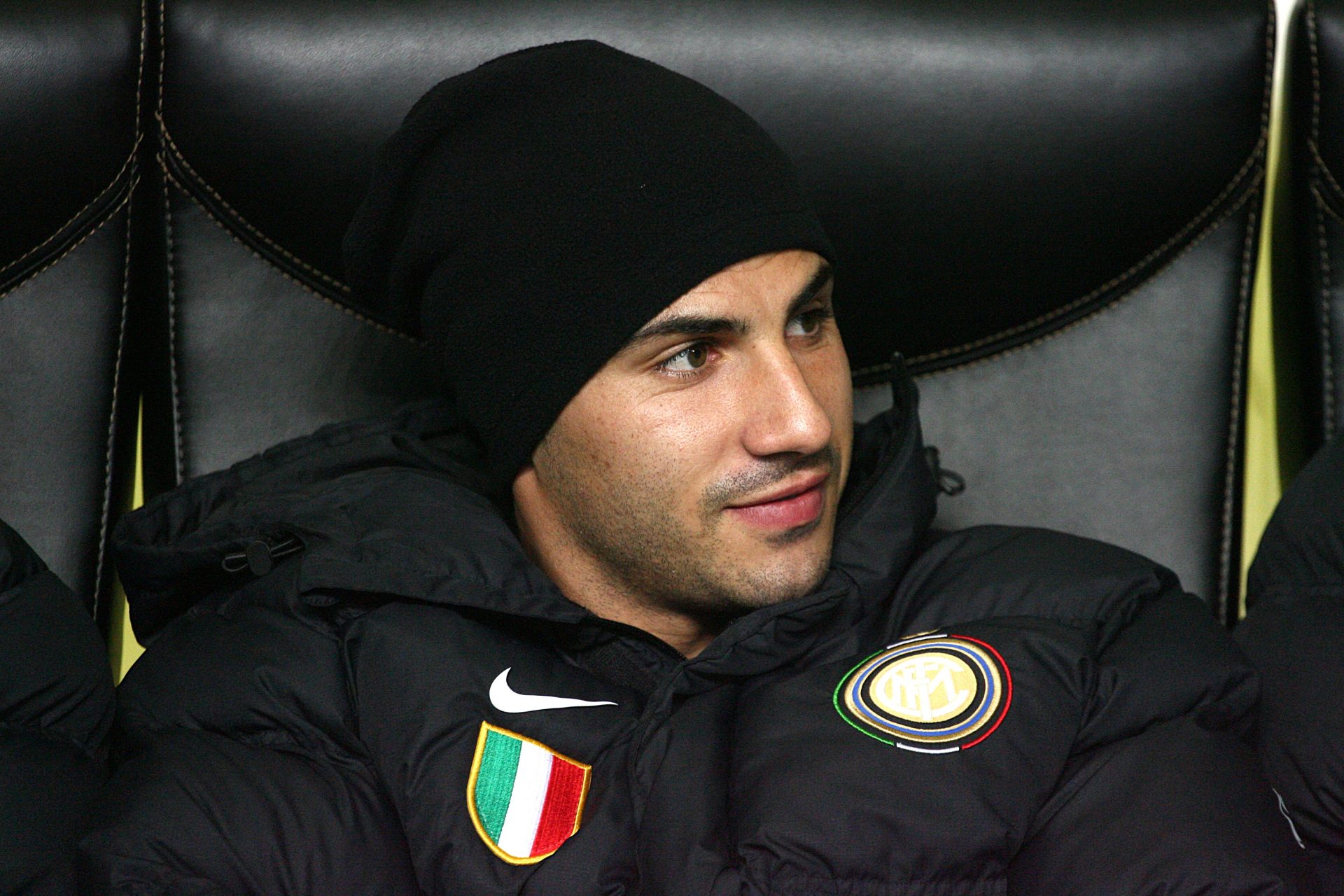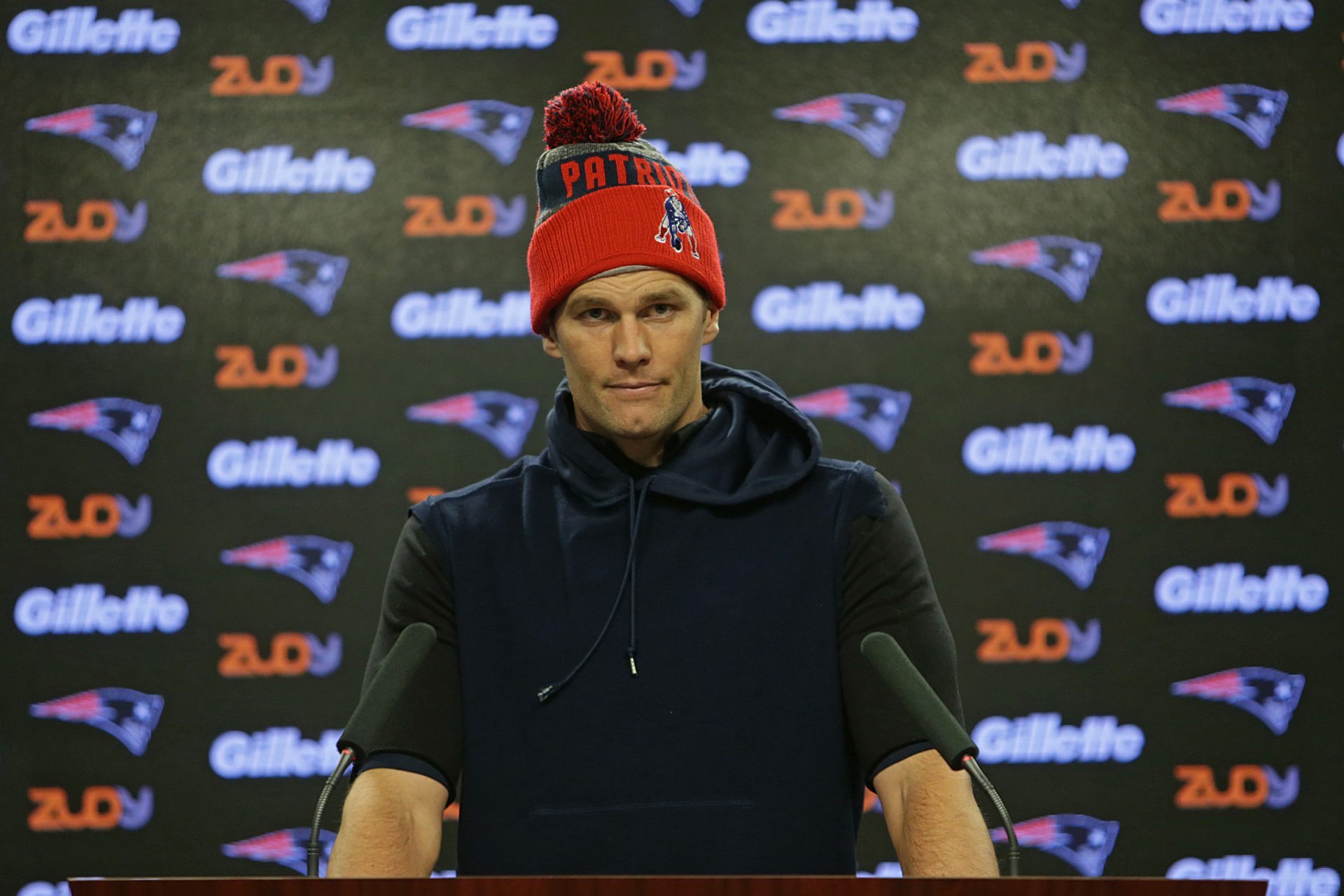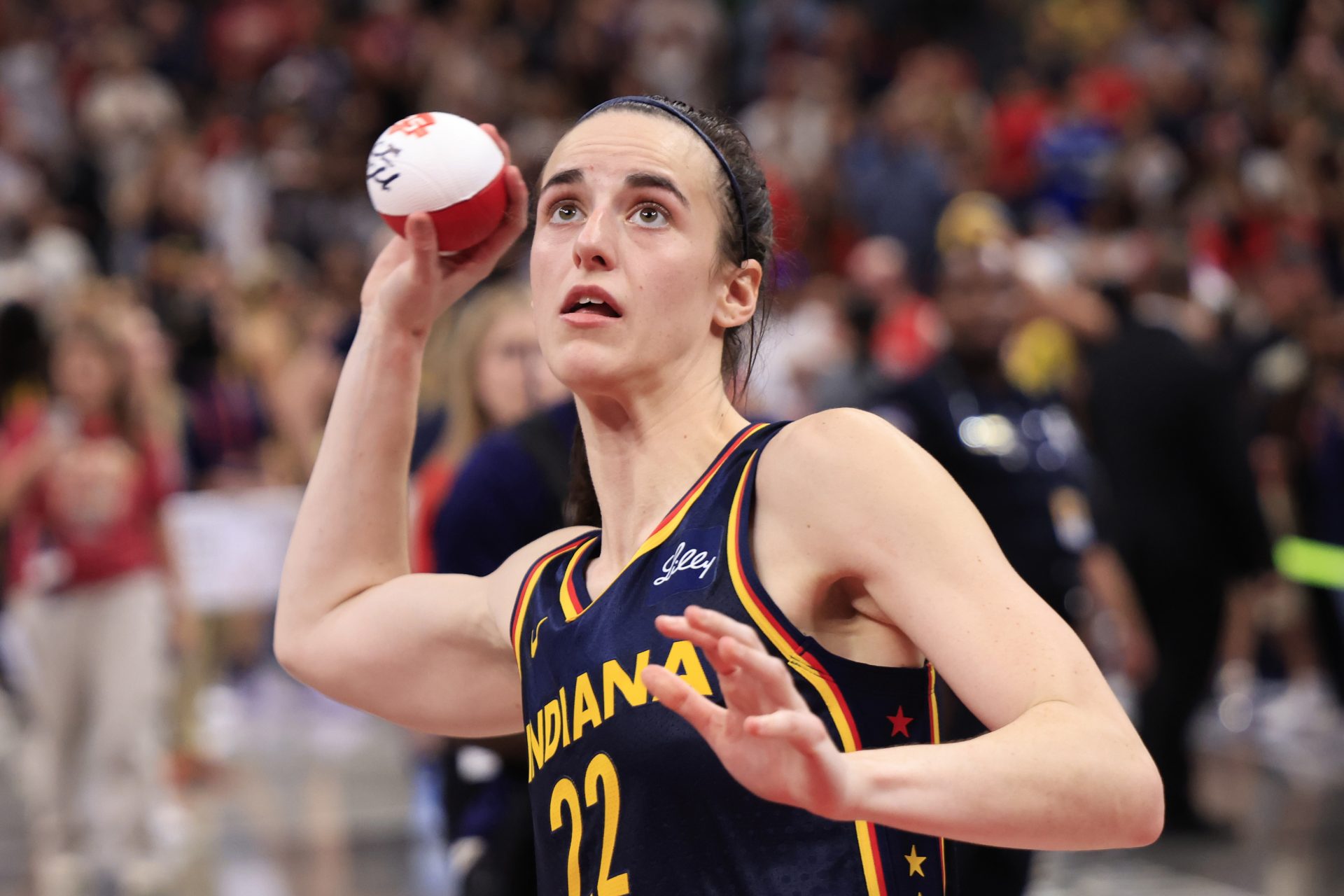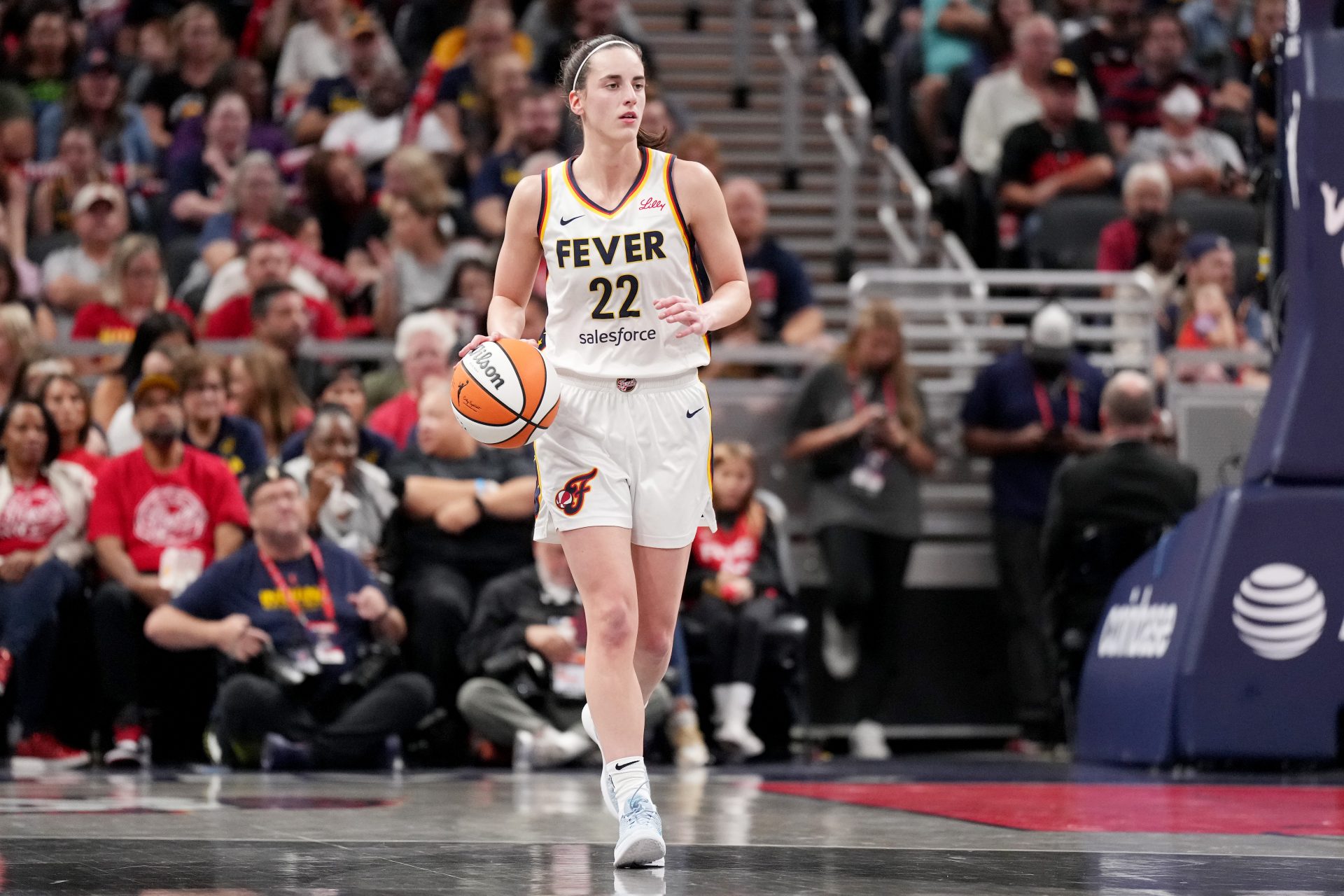What happened to Canadian F1 legend Jacques Villeneuve?
Jacques Villeneuve marched to the beat of his own drum during an eventful, and fruitful Formula 1 career. His aggression on the track, coupled with his flamboyant personality, combined to make him one of the most interesting figures in the world of motorsport.
Born in 1971 in Saint-Jean-sur-Richelieu, Quebec, Villeneuve was destined for motorsport greatness. He is the son of Gilles Villeneuve, the legendary Ferrari driver who captured the hearts of F1 fans worldwide before his untimely death in 1982. Jacques spent much of his childhood in Europe, growing up near racetracks and immersing himself in the racing culture.
His professional racing career began in Japan with Formula 3, followed by stints in the Italian and Japanese Formula 3000 series. However, it was in North America where he truly made a name for himself, as Motorsport Magazine recounted.
Want to see more like this? Follow us here for daily sports news, profiles and analysis!
In 1994, Villeneuve debuted in the CART series, and by 1995, he claimed both the Indianapolis 500 and the CART Championship, attracting the attention of Formula 1 teams.
After success in IndyCar, where he won the prestigious Indianapolis 500 and claimed the 1995 CART Championship, he transitioned to Formula 1 in 1996 with Williams. His rookie season was impressive, finishing second in the championship.
The following year, Villeneuve cemented his place in F1 history by clinching the 1997 World Championship in a dramatic showdown with Michael Schumacher at Jerez, where Schumacher controversially intentionally collided with him (pictured), an aggressive strategy that even saw the investigated by the FIA and almost the police, as Planet F1 reported.
"It wasn't just a championship for me, it was also for a lot of people and fans," Villeneuve reflected to Autosport in 2022. "And when you see that you touch people like this, you actually bring them some form of happiness. Then I realised the meaning of it. I didn't until then. I realised after receiving a call from the Prime Minister of Canada, that's when it sunk in that this was special."
After securing the 1997 Formula 1 World Championship, Villeneuve faced a career crossroads. Remaining with Williams was an option, but the team’s future appeared uncertain following the departure of Renault, its dominant engine supplier, and technical director Adrian Newey.
Instead, Villeneuve made a bold move: he left Williams for the newly formed British American Racing (BAR), co-founded by his longtime manager Craig Pollock.
Want to see more like this? Follow us here for daily sports news, profiles and analysis!
BAR entered the 1999 season with immense fanfare and high expectations. Villeneuve was the team’s marquee driver, tasked with leading them to success. However, the reality was far from ideal. The BAR 01 car was plagued with reliability issues, failing to finish in 11 of 16 races during the team's debut season.
Despite Villeneuve's talent, he struggled to extract performance from a car that simply wasn’t competitive. Villeneuve's faith in the project was rooted in long-term potential. BAR, after all, would eventually evolve into Honda, then Brawn GP, and finally Mercedes, a team that would dominate F1 in the 2010s.
Yet, Villeneuve's time with BAR never bore fruit. Between 1999 and 2003, Villeneuve failed to secure a single podium, let alone a race win, as the team languished in the midfield and below.
Villeneuve’s decision to join BAR is often viewed as a career-defining gamble that didn’t pay off. He had opportunities to sign with more established teams, including McLaren and Benetton, but opted to stay loyal to the BAR project.
Meanwhile, his contemporaries, such as Mika Häkkinen, Michael Schumacher, and Fernando Alonso, continued to rack up race wins and championships. Tensions between Villeneuve and the BAR leadership, particularly new team principal David Richards, reached a boiling point.
He left BAR before the final race of the 2003 season and sat out much of 2004, marking the beginning of the end of his F1 career.
Want to see more like this? Follow us here for daily sports news, profiles and analysis!
Villeneuve made a brief return to F1 in 2004 with Renault, filling in for Jarno Trulli, and later signed a two-year contract with Sauber for 2005-2006. However, the Sauber cars were far from competitive, and Villeneuve struggled against younger teammates. By mid-2006, he was replaced by Robert Kubica, effectively ending his Formula 1 career.
Following his departure from F1 in 2006, Villeneuve diversified his racing portfolio, competing in NASCAR, Le Mans, and even rally cross. Despite showing flashes of brilliance, he never replicated his F1 success. However, his passion for racing remained undiminished, and he continued to pursue various motorsport challenges well into his 40s.
Today, Villeneuve is an outspoken F1 commentator, known for his candid and often controversial opinions. He occasionally hints at a potential return to the F1 paddock in an advisory or managerial role, similar to the late Niki Lauda’s position at Mercedes.
Many critics argue that Villeneuve’s talent was wasted during his prime years at BAR. Former race engineer Jock Clear, who worked with Villeneuve at both Williams and BAR, told the Beyond the Grid podcast in 2021 that the Canadian’s achievements are often underestimated.
"I think people do underestimate what he achieved as a driver, because there’s still lots of people who say: ‘Yes, but he wasn’t really a worthy world champion’," he explained. "But you think, given he won IndyCar and he won the Indy 500 and he came over and absolutely annihilated his team mates in a strong car."
"People will say he wasted the rest of his career. Well, that [BAR] is now the team that is dominating F1 so he can probably sleep well at night knowing that he started the team that is currently dominating F1," Clear added.
Want to see more like this? Follow us here for daily sports news, profiles and analysis!
More for you
Top Stories



